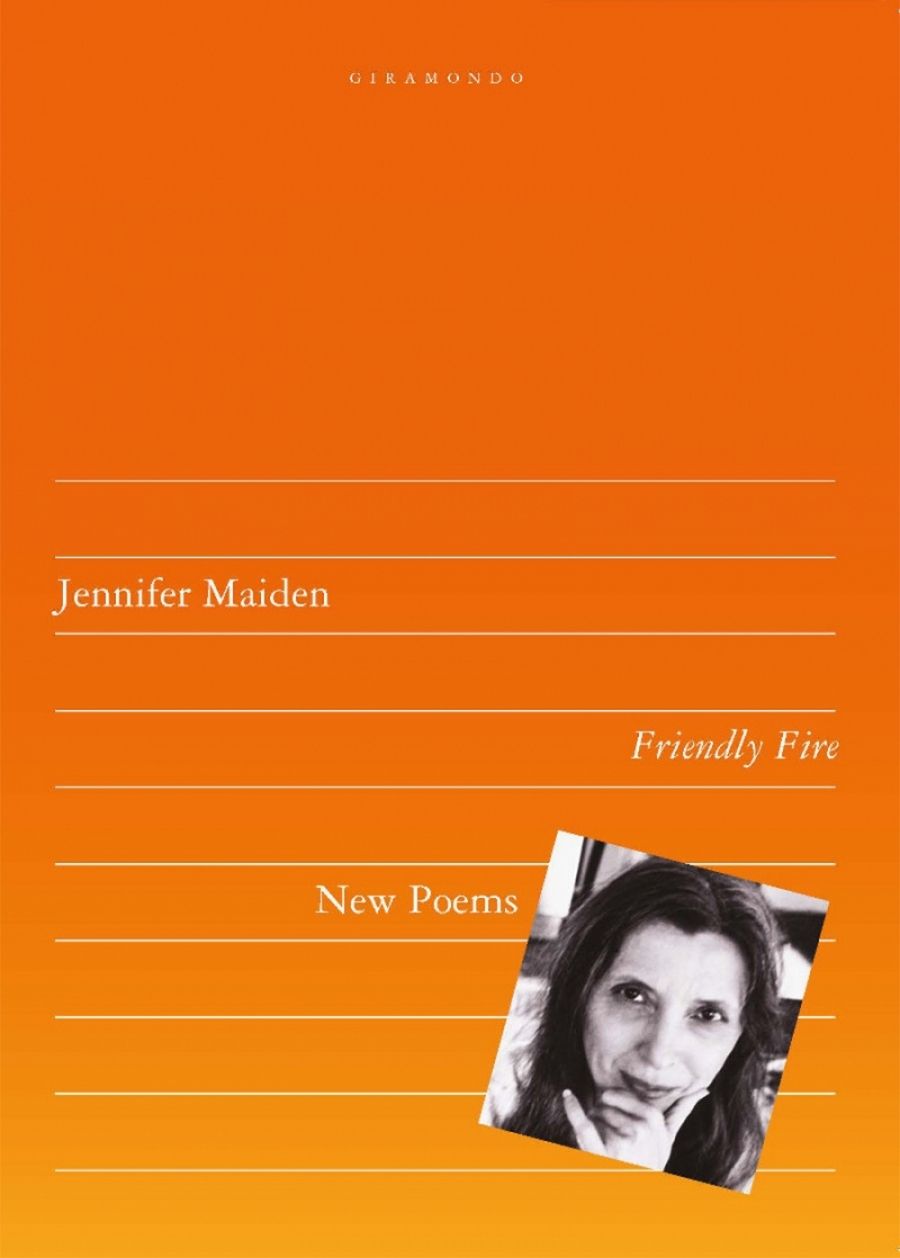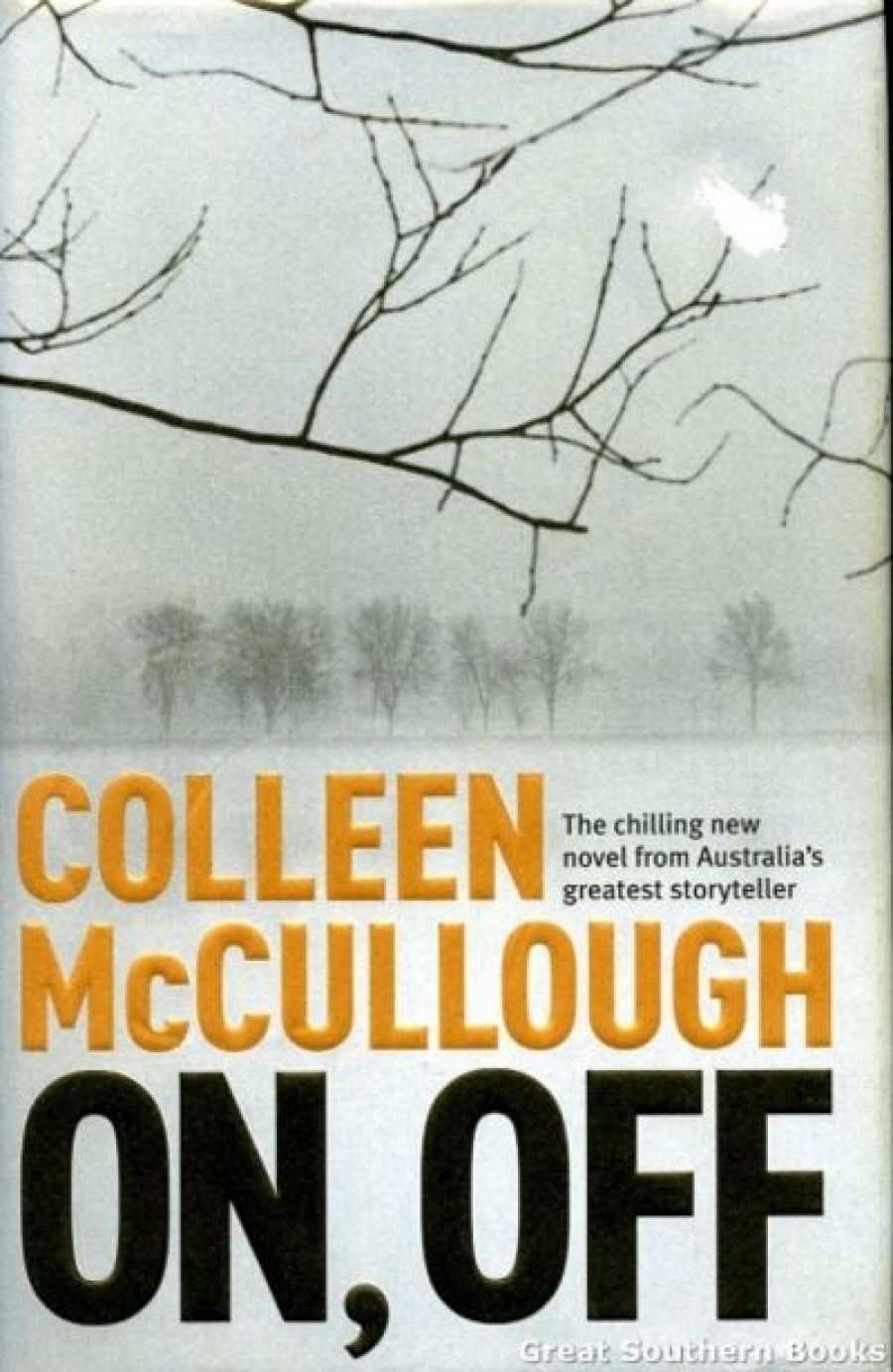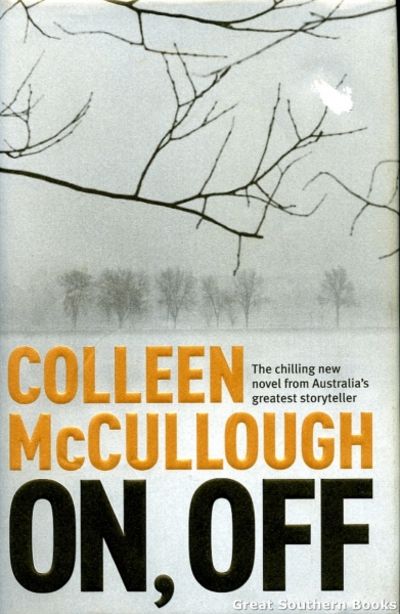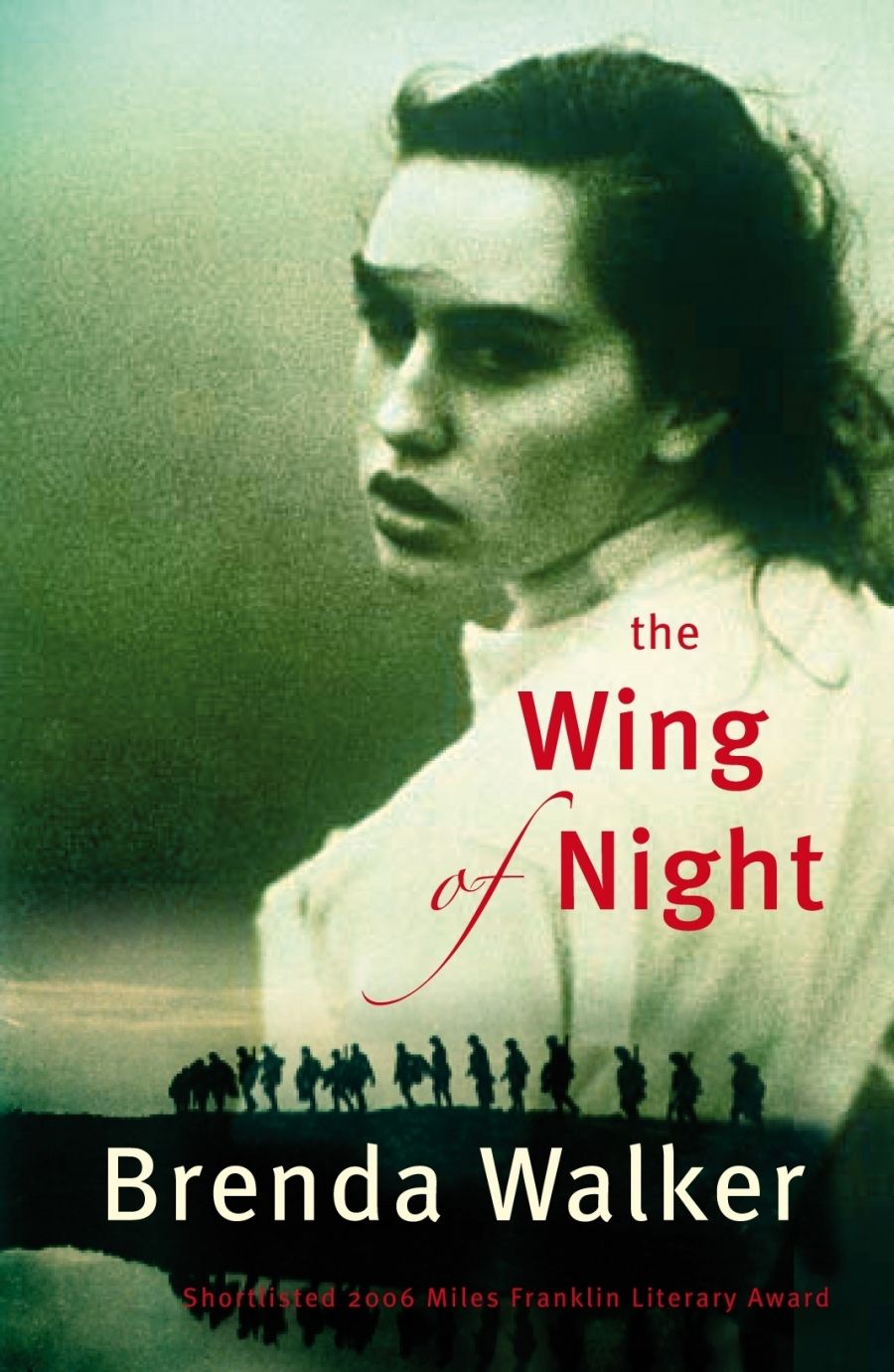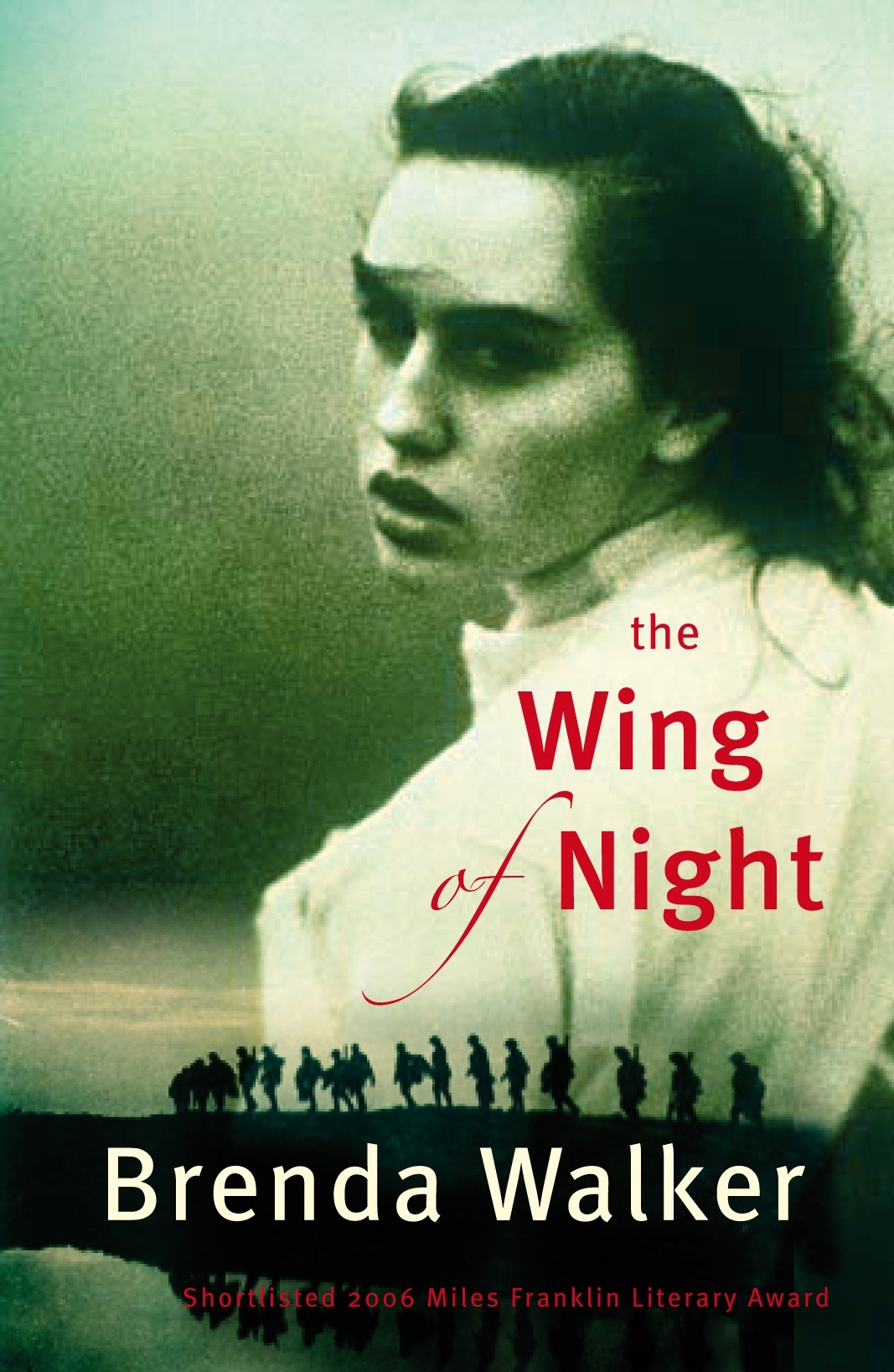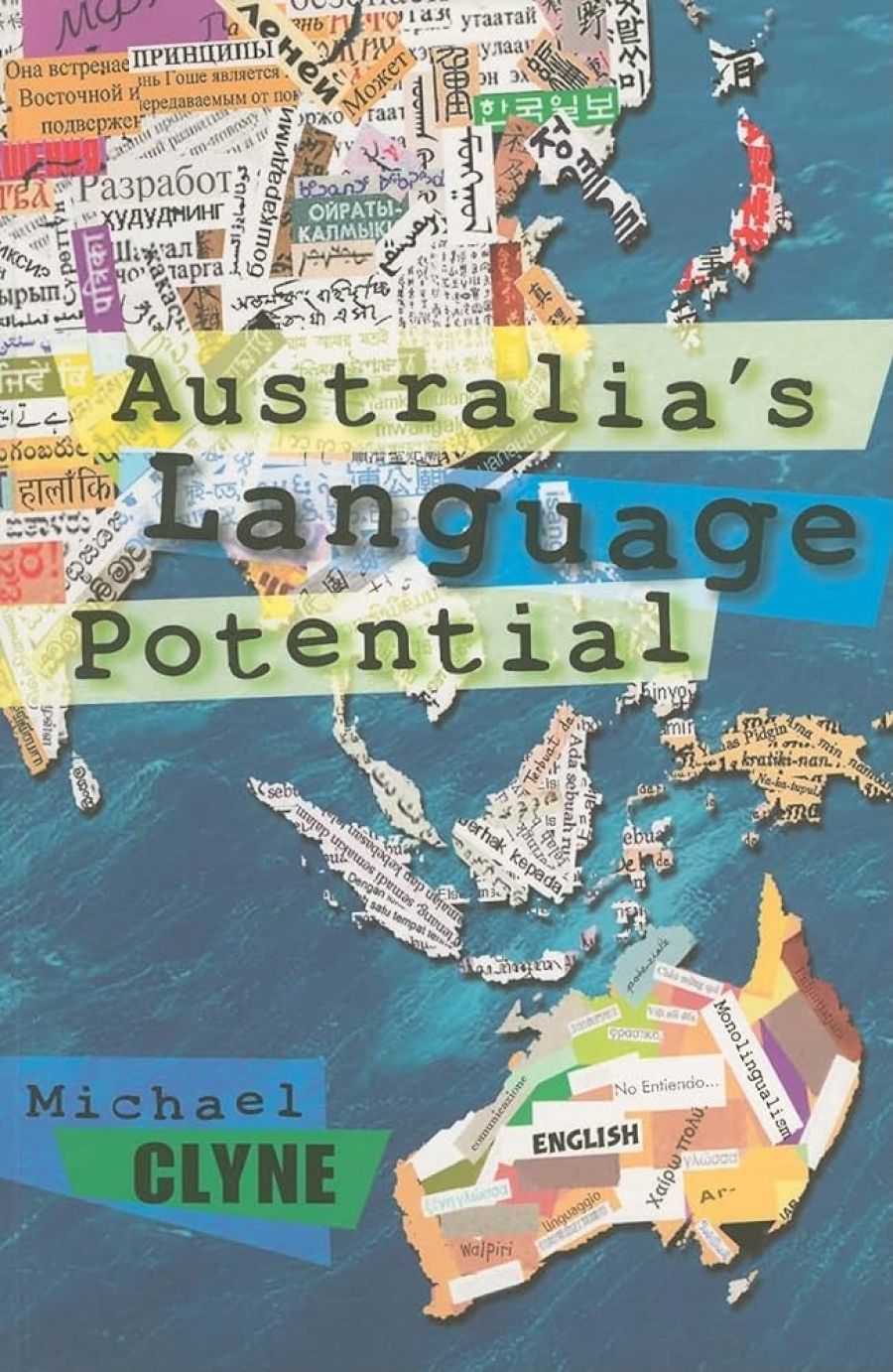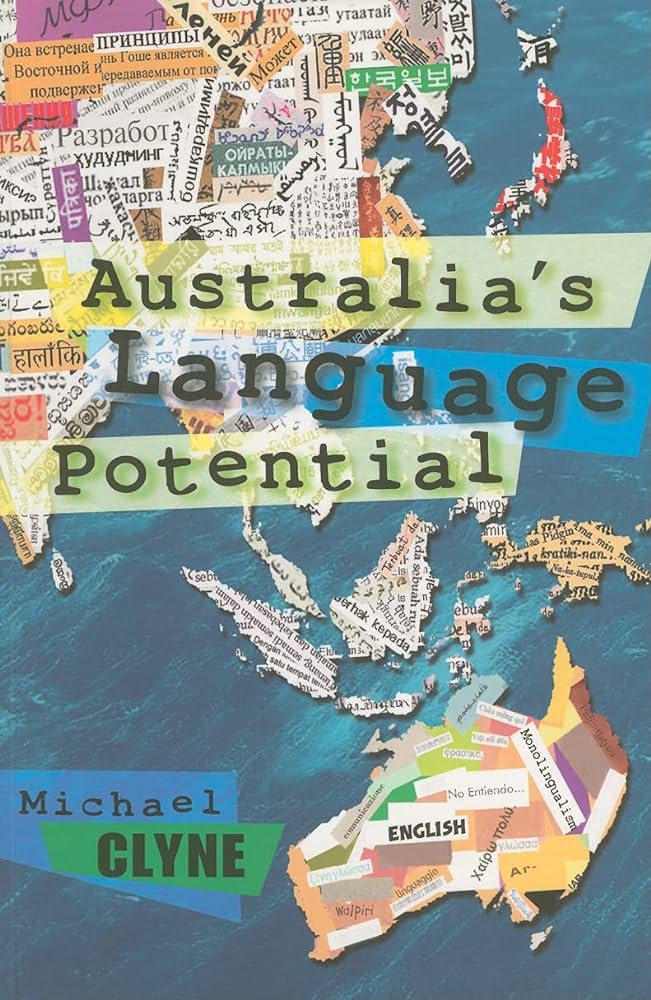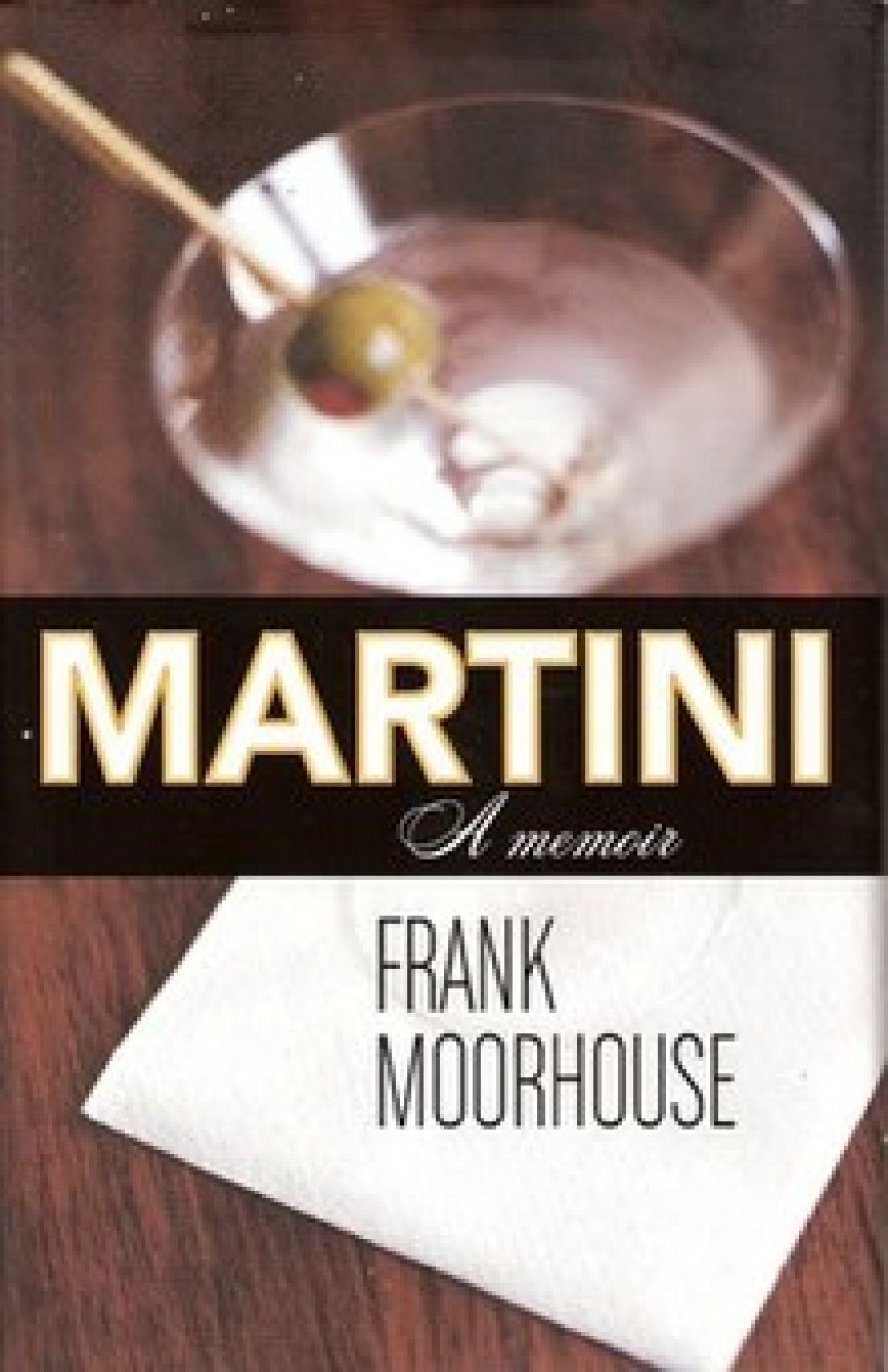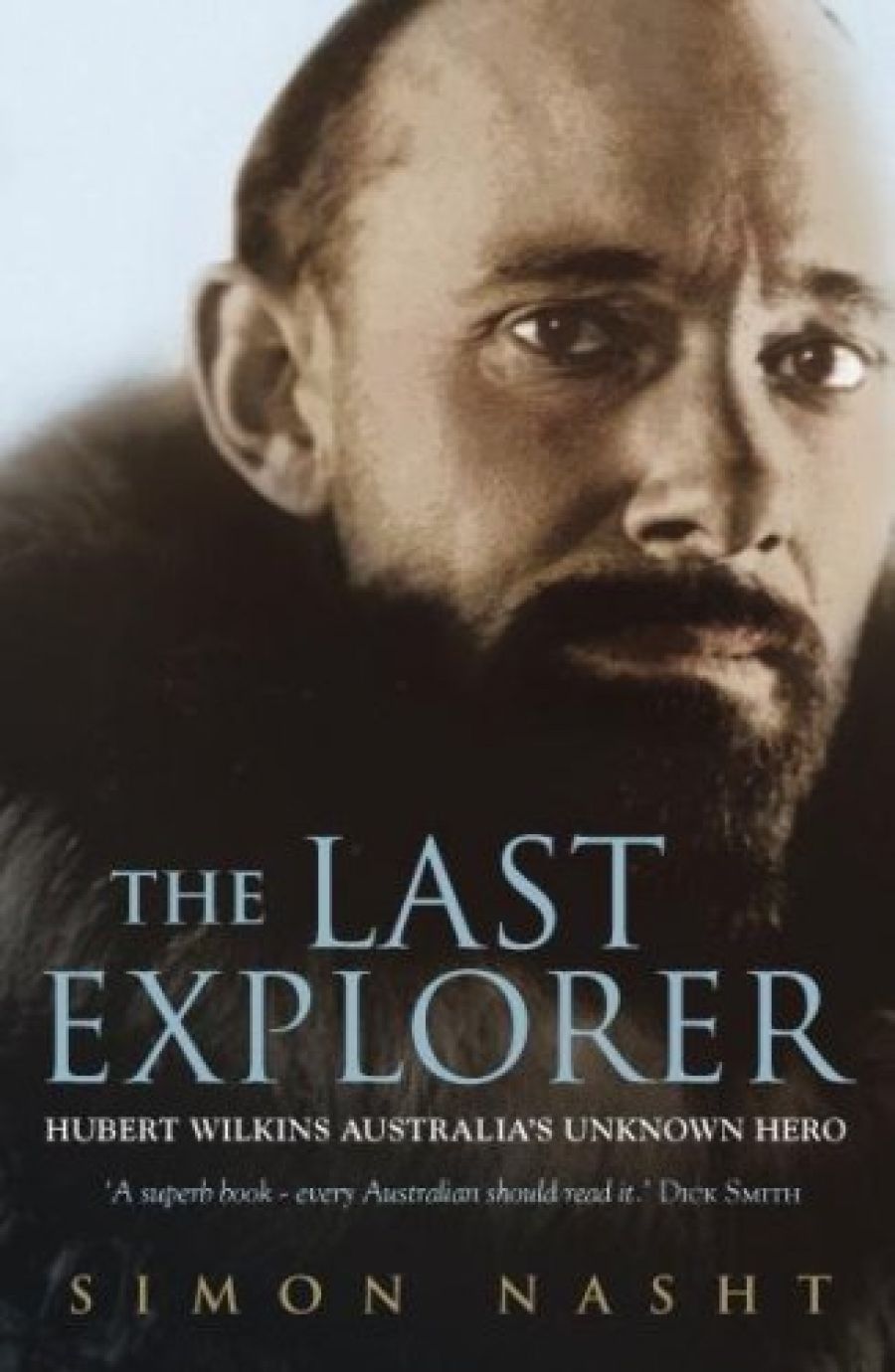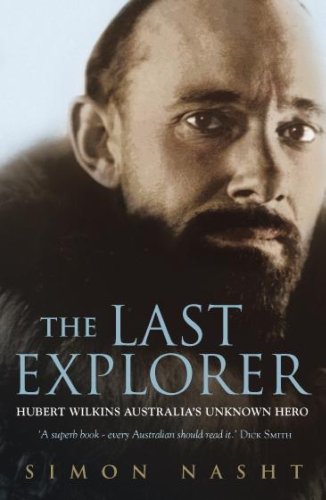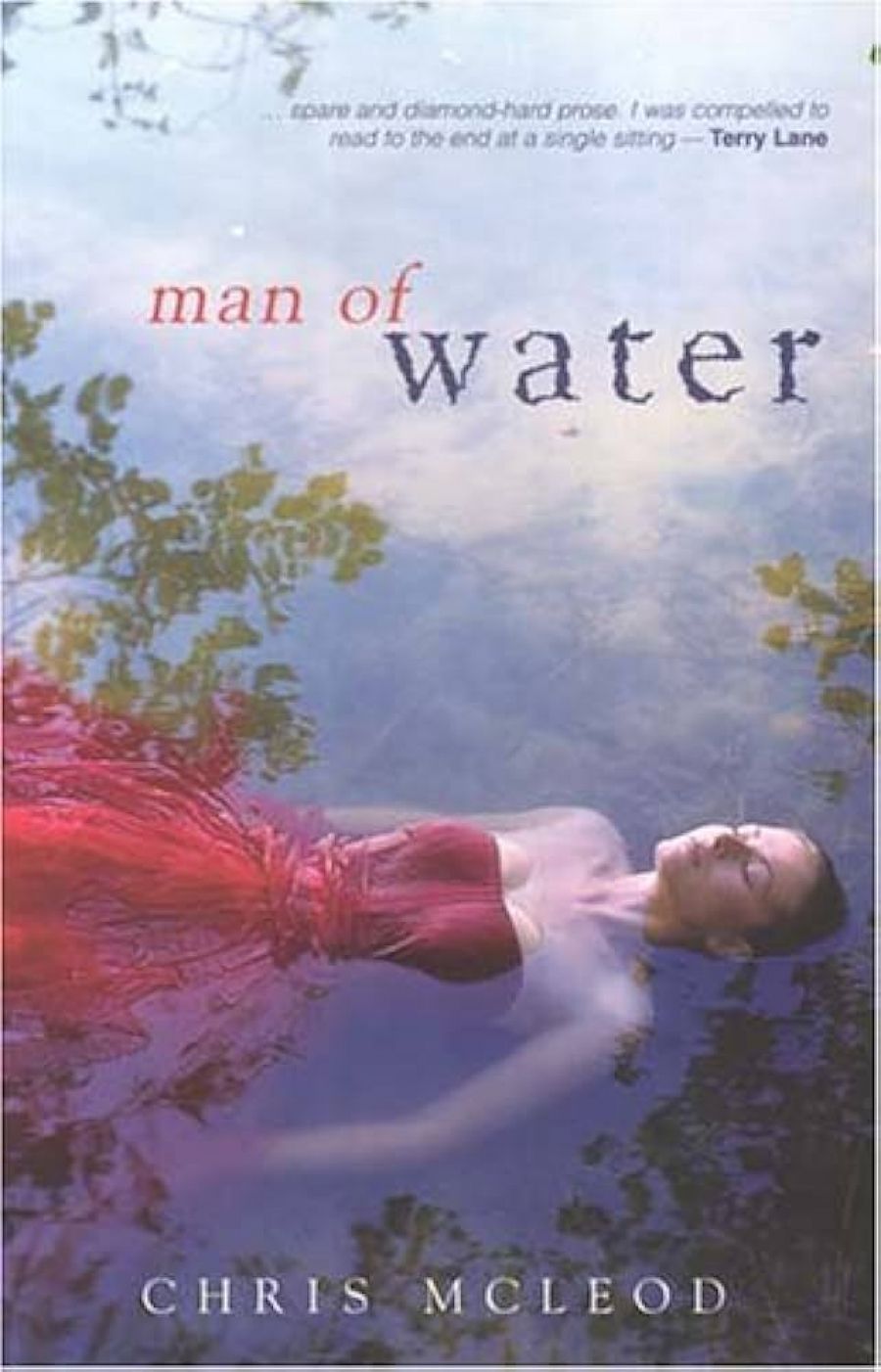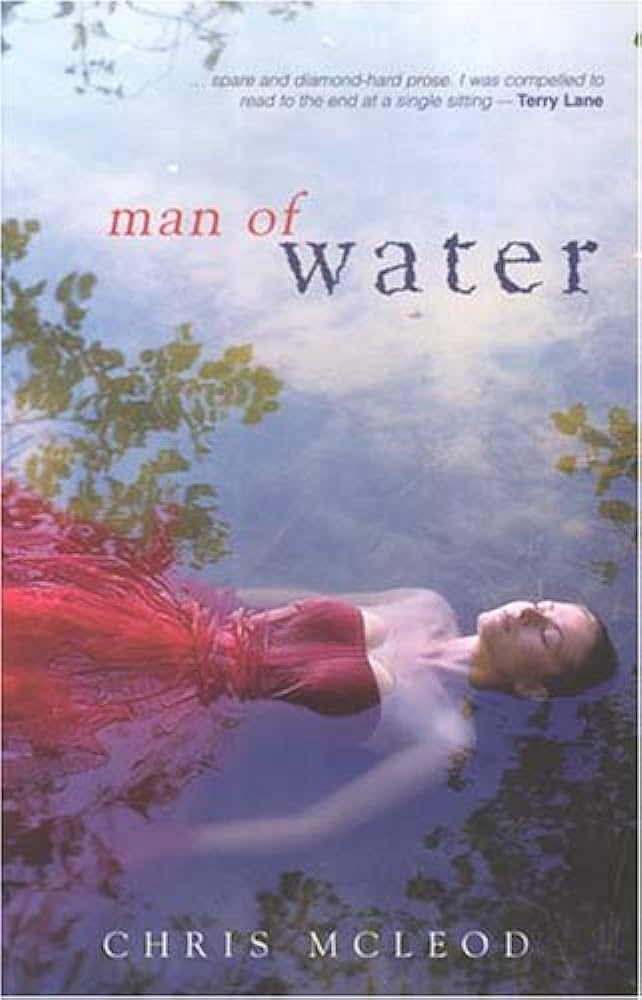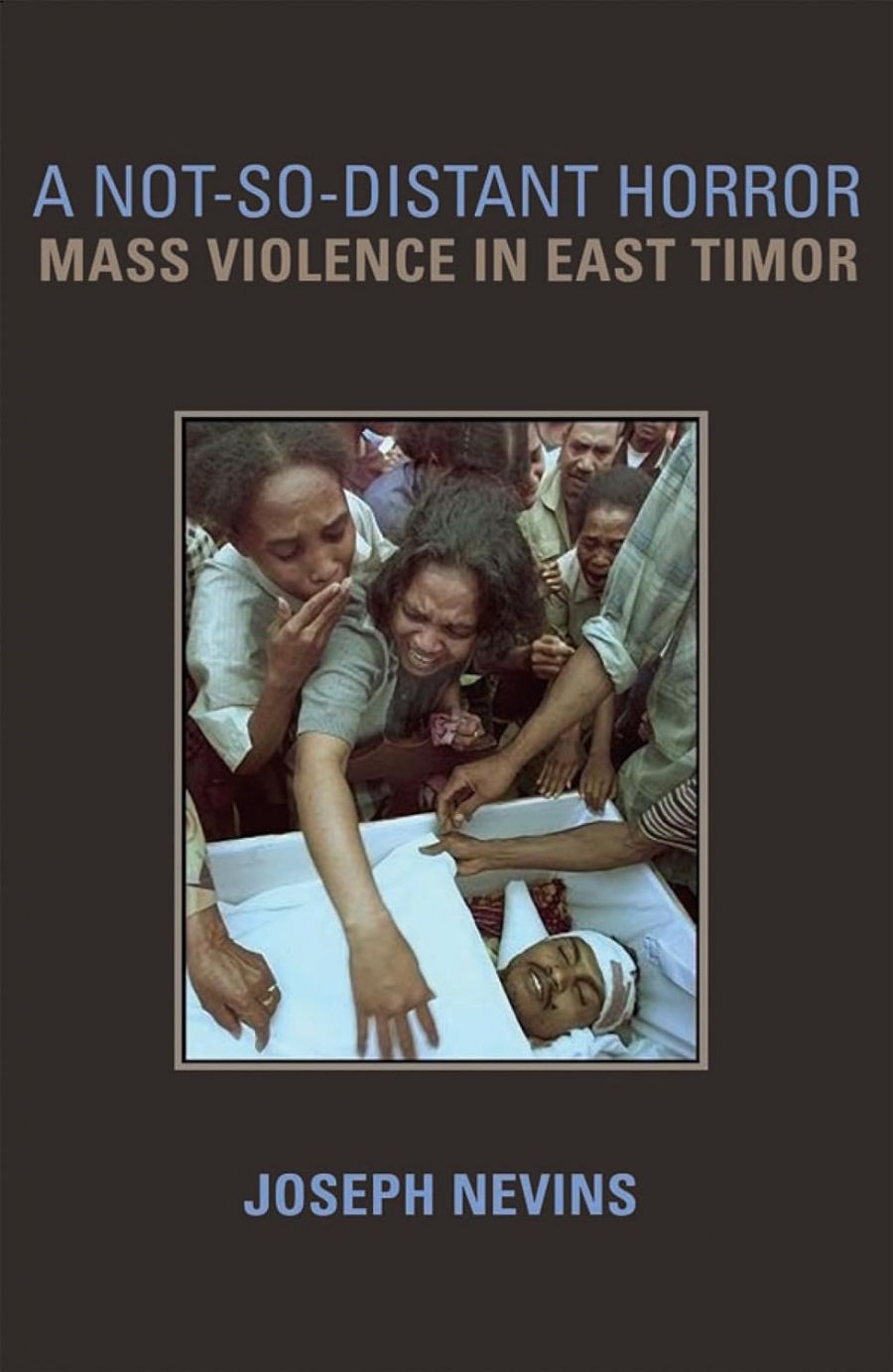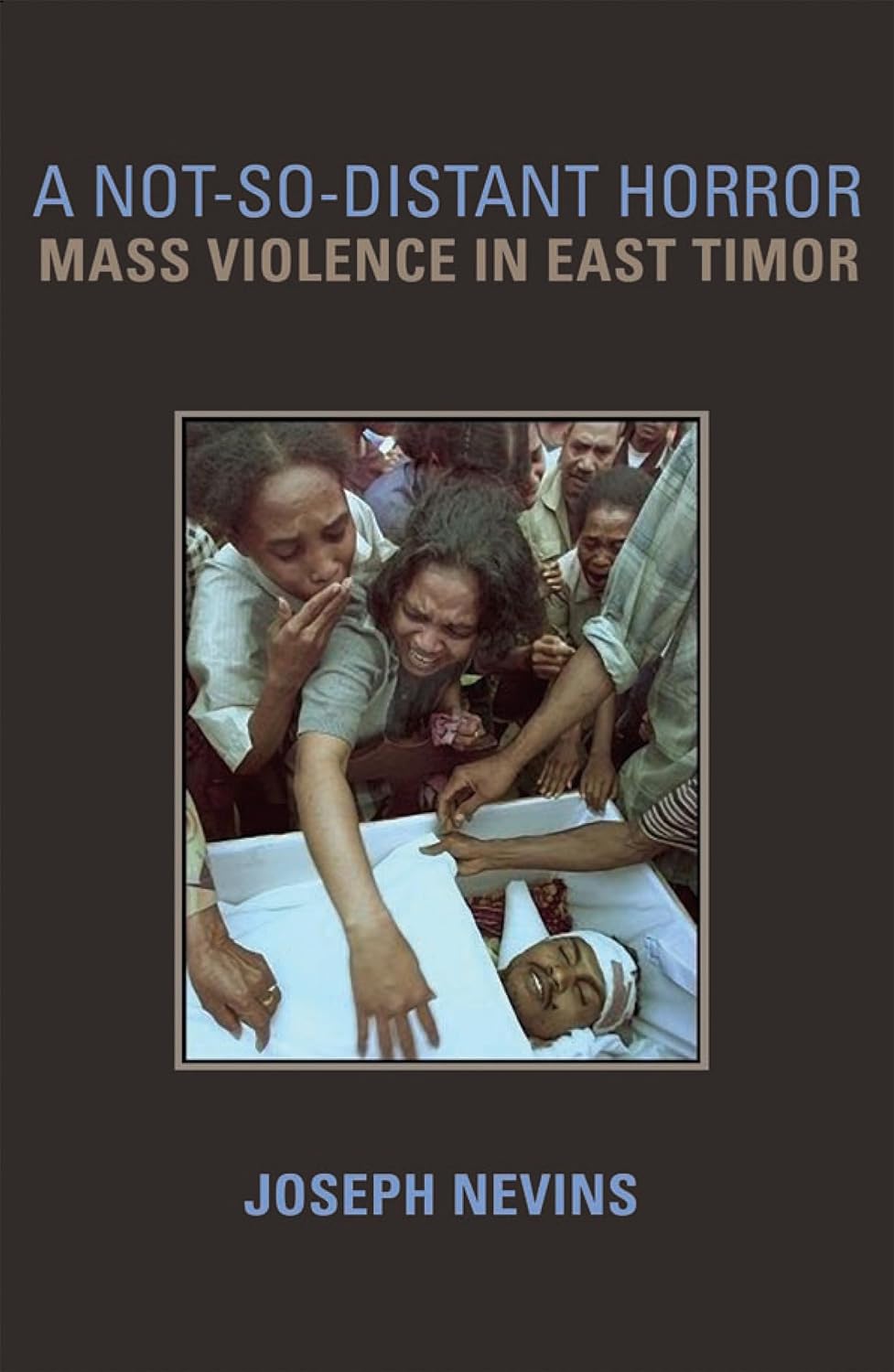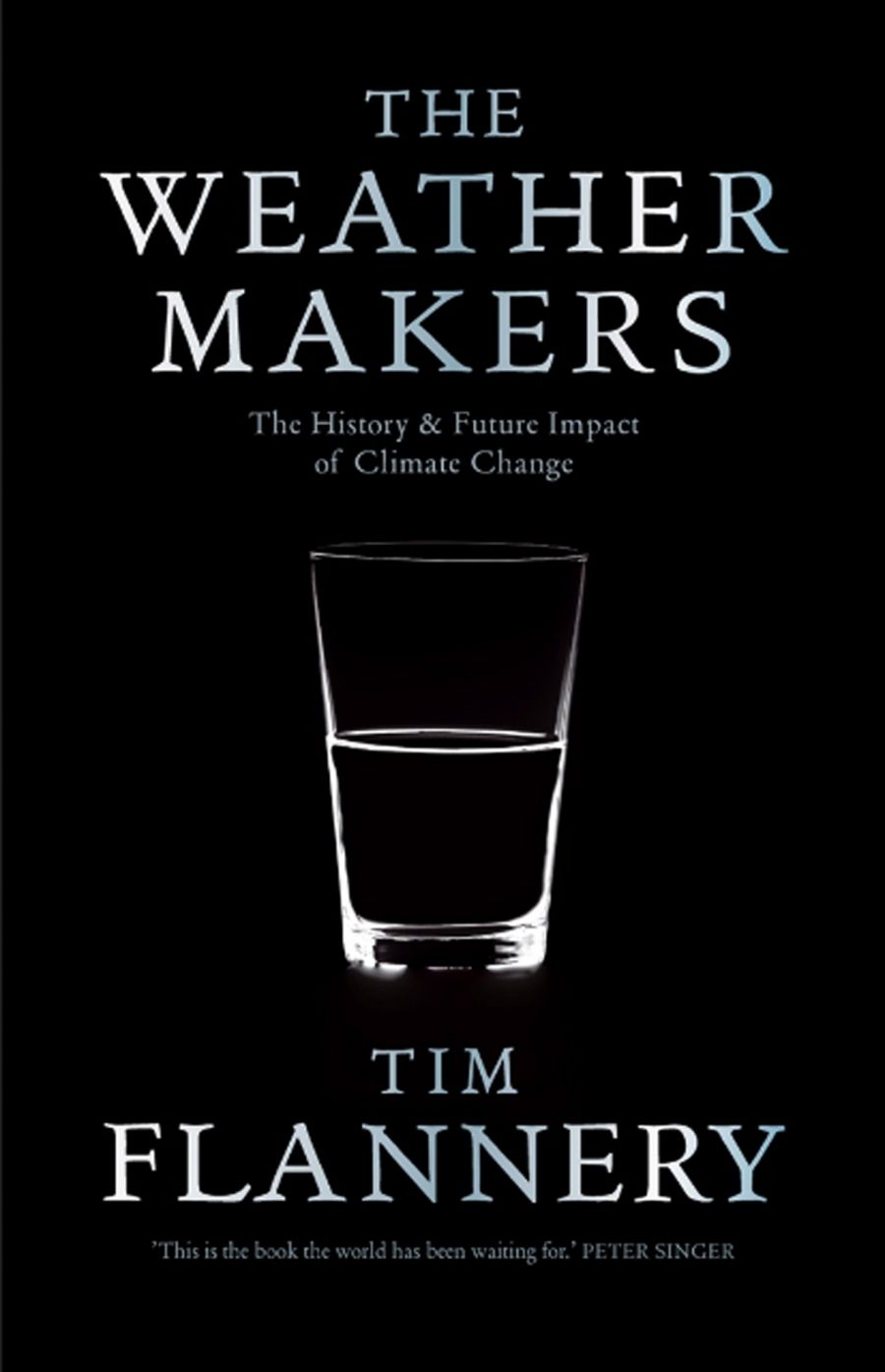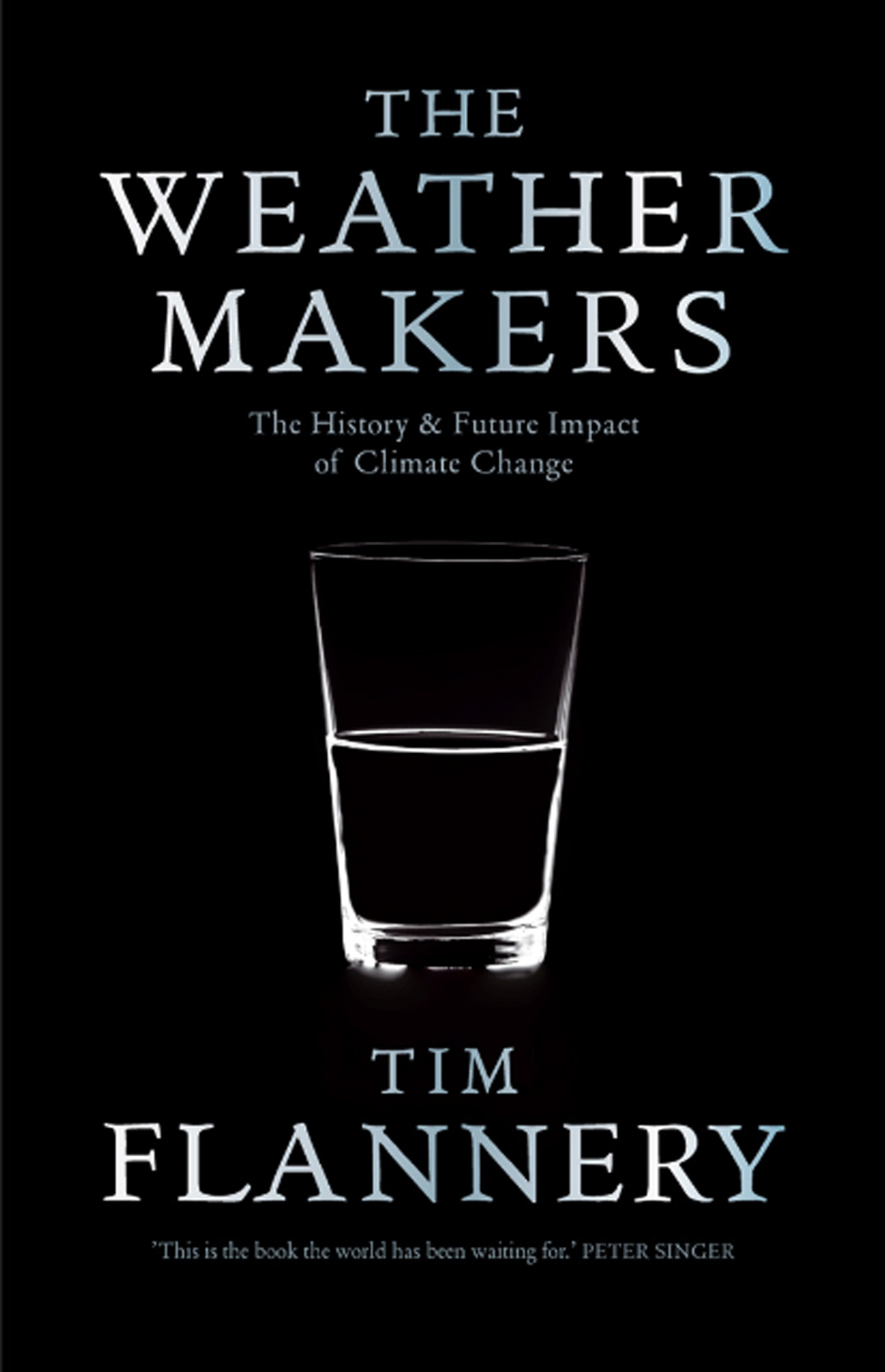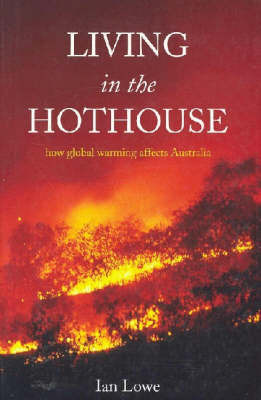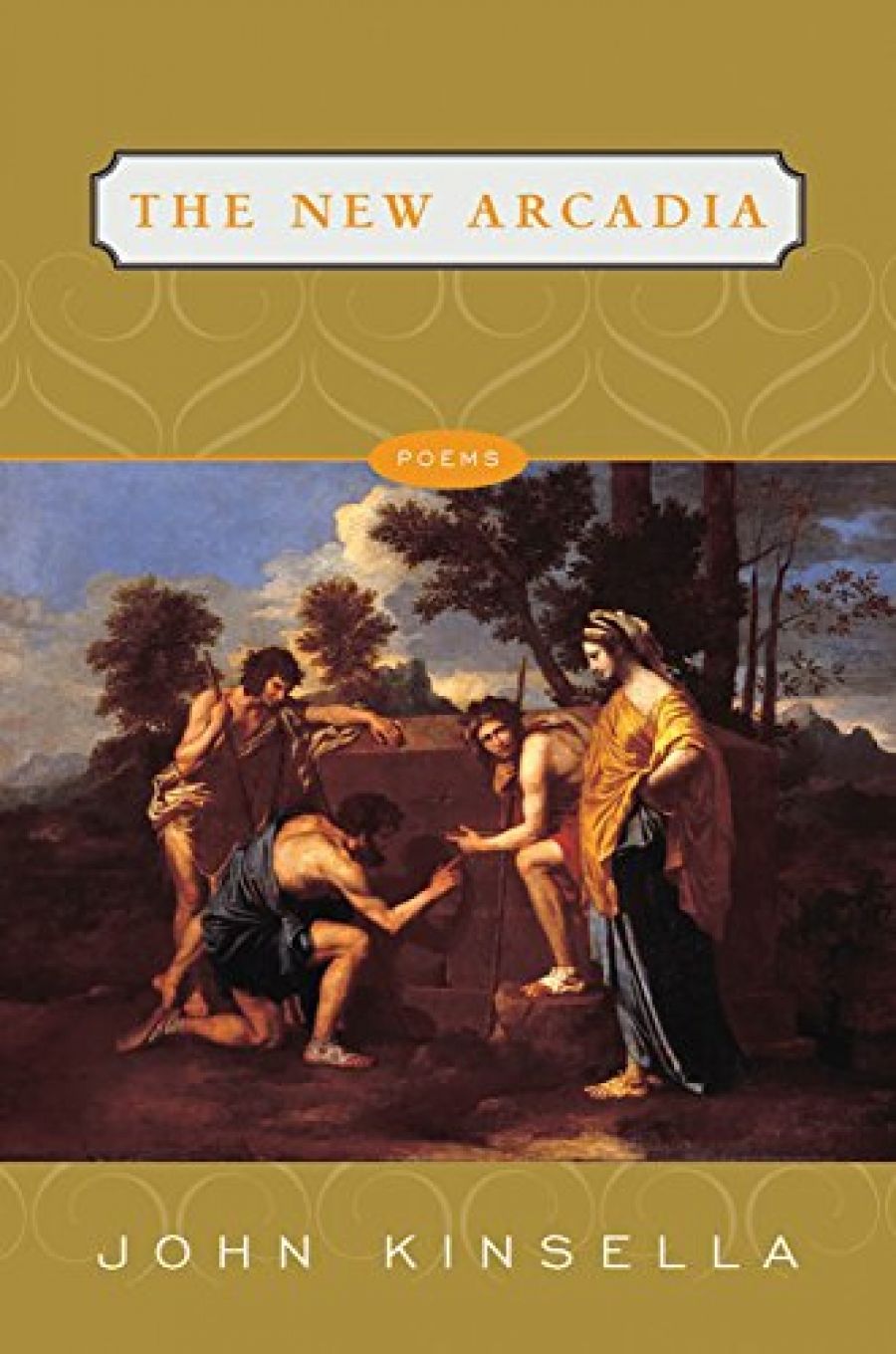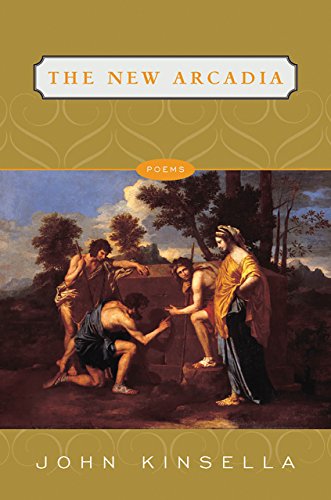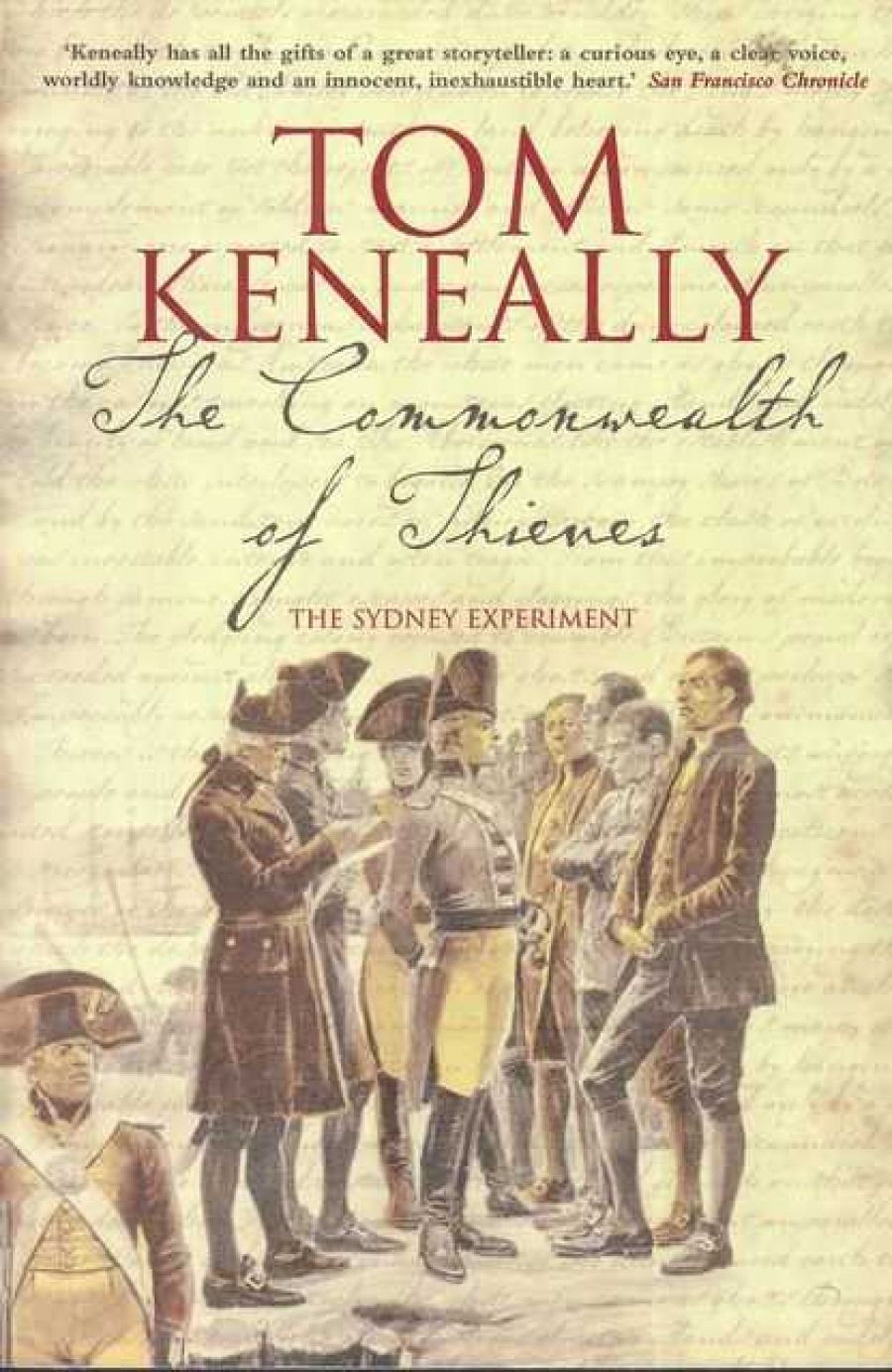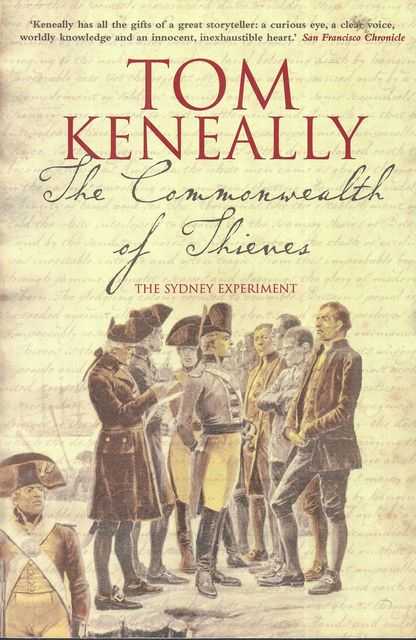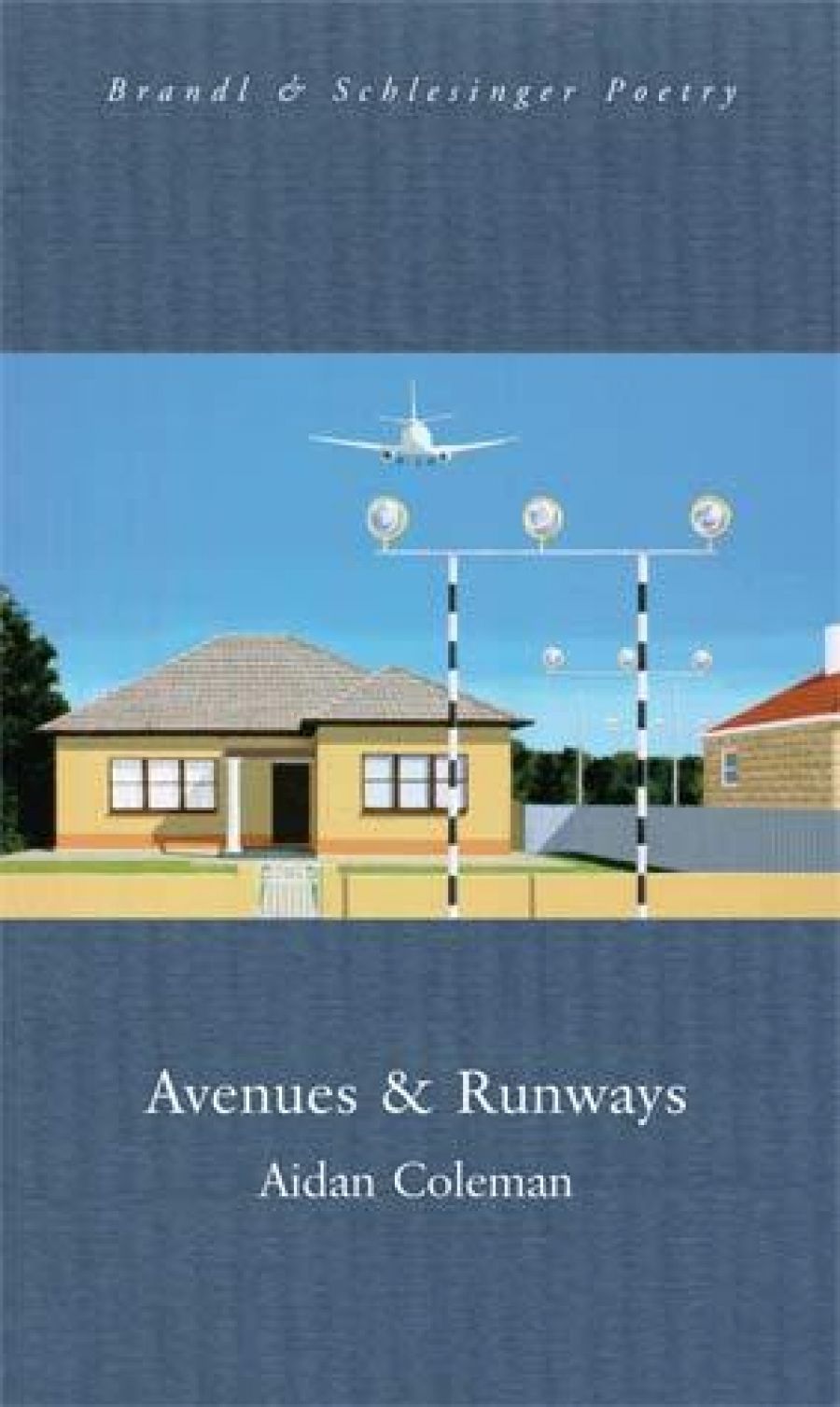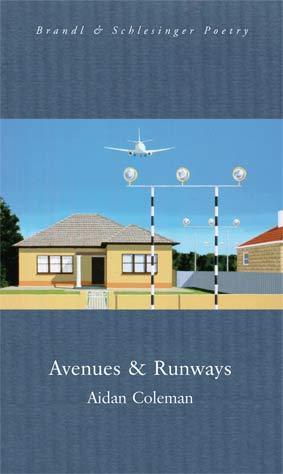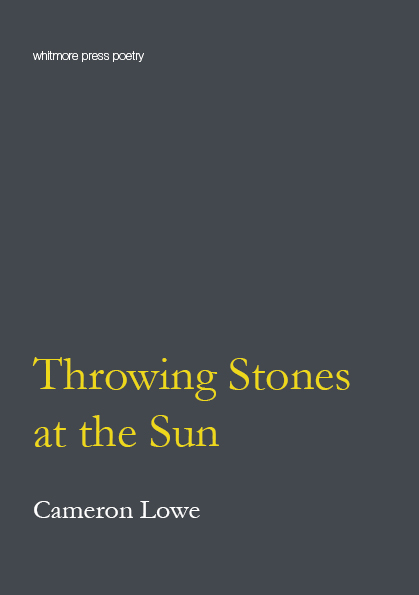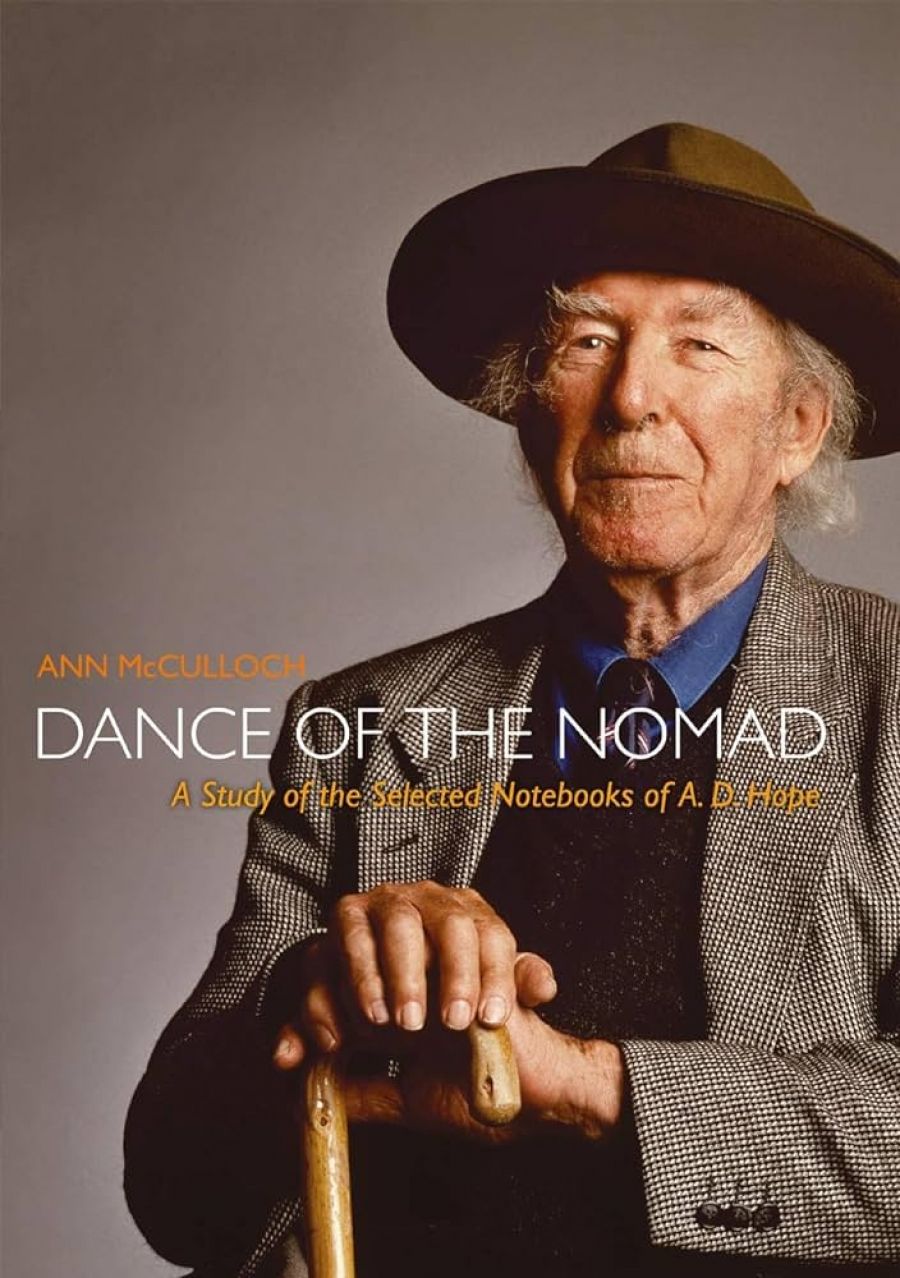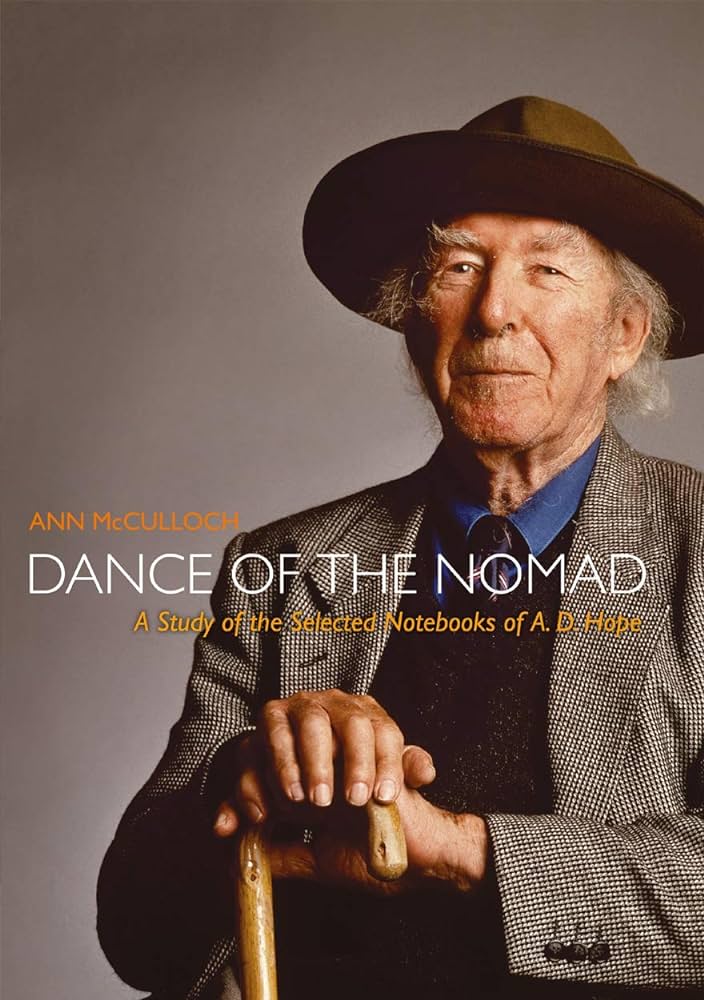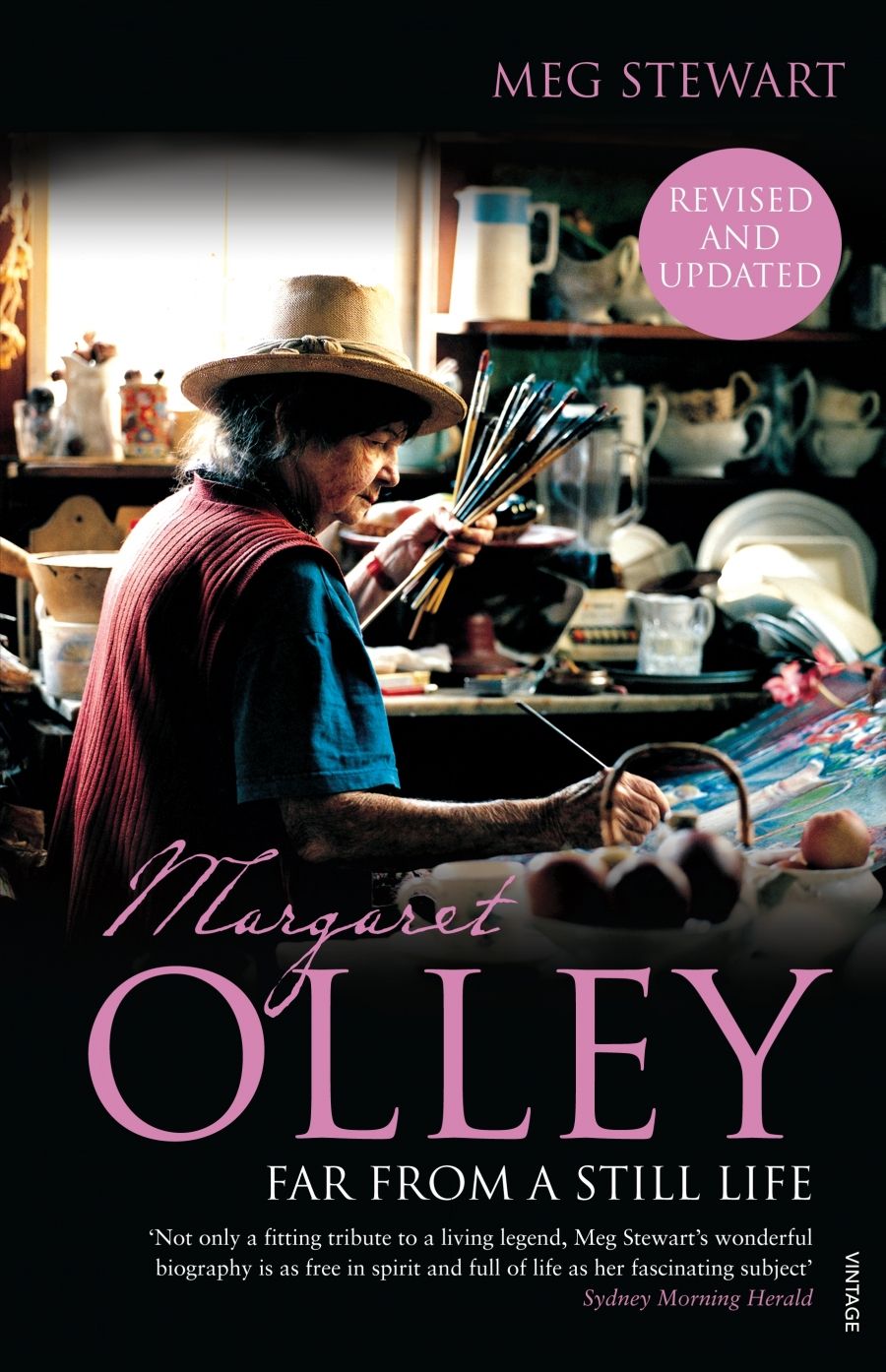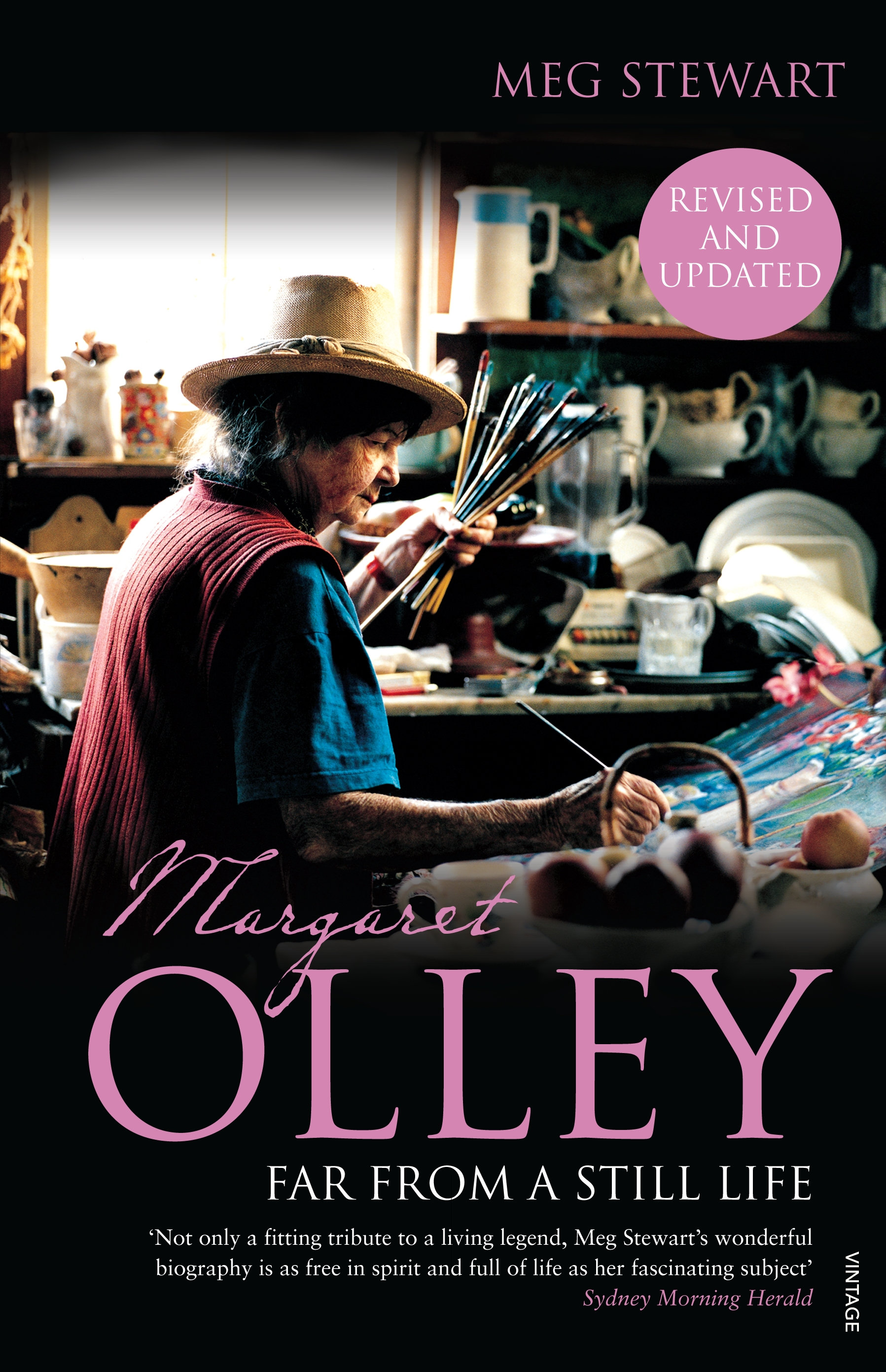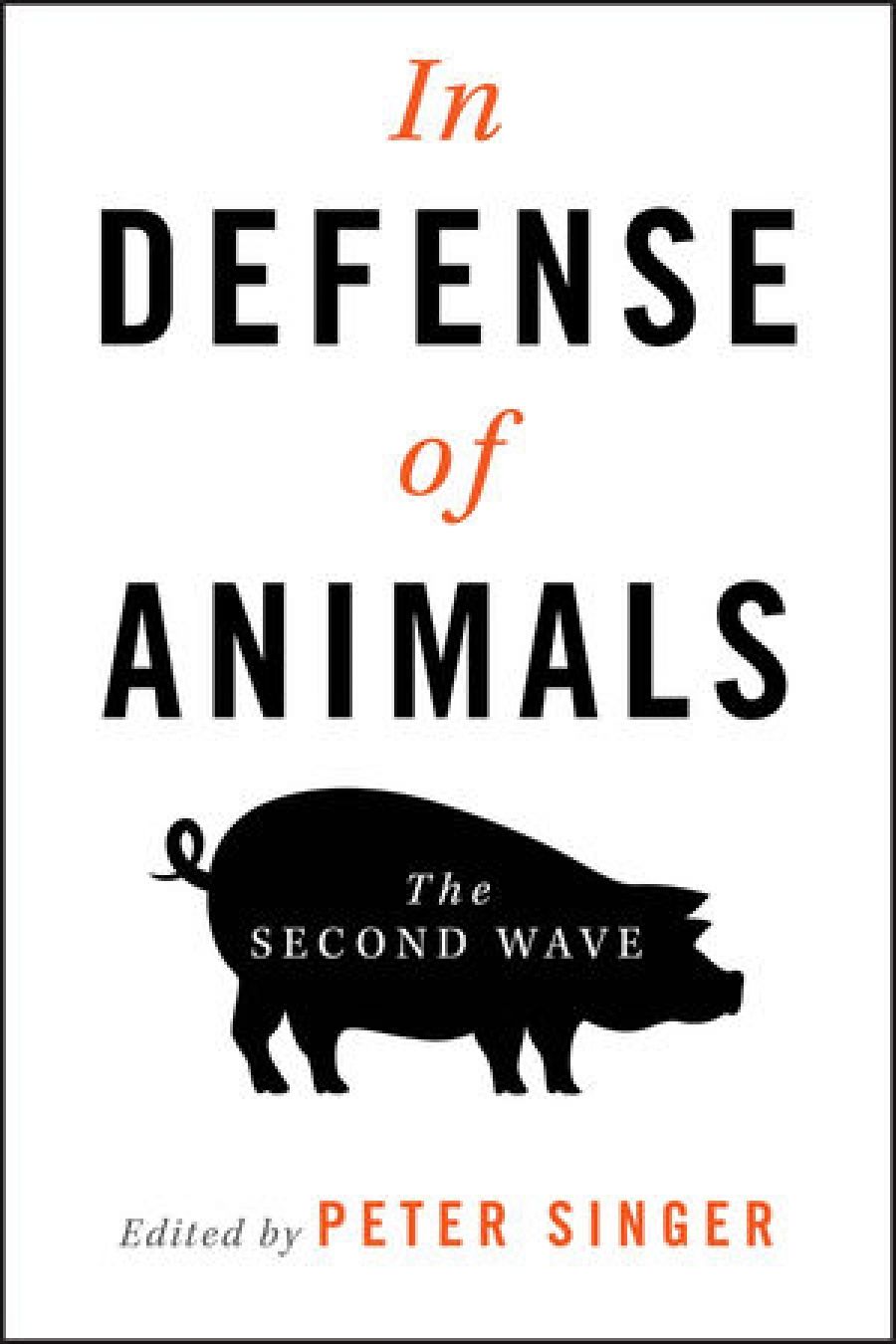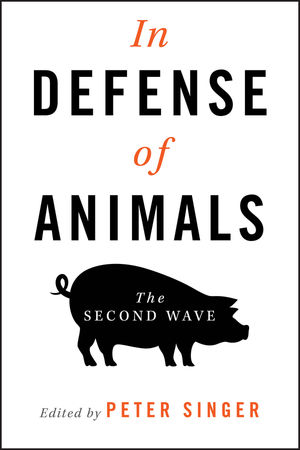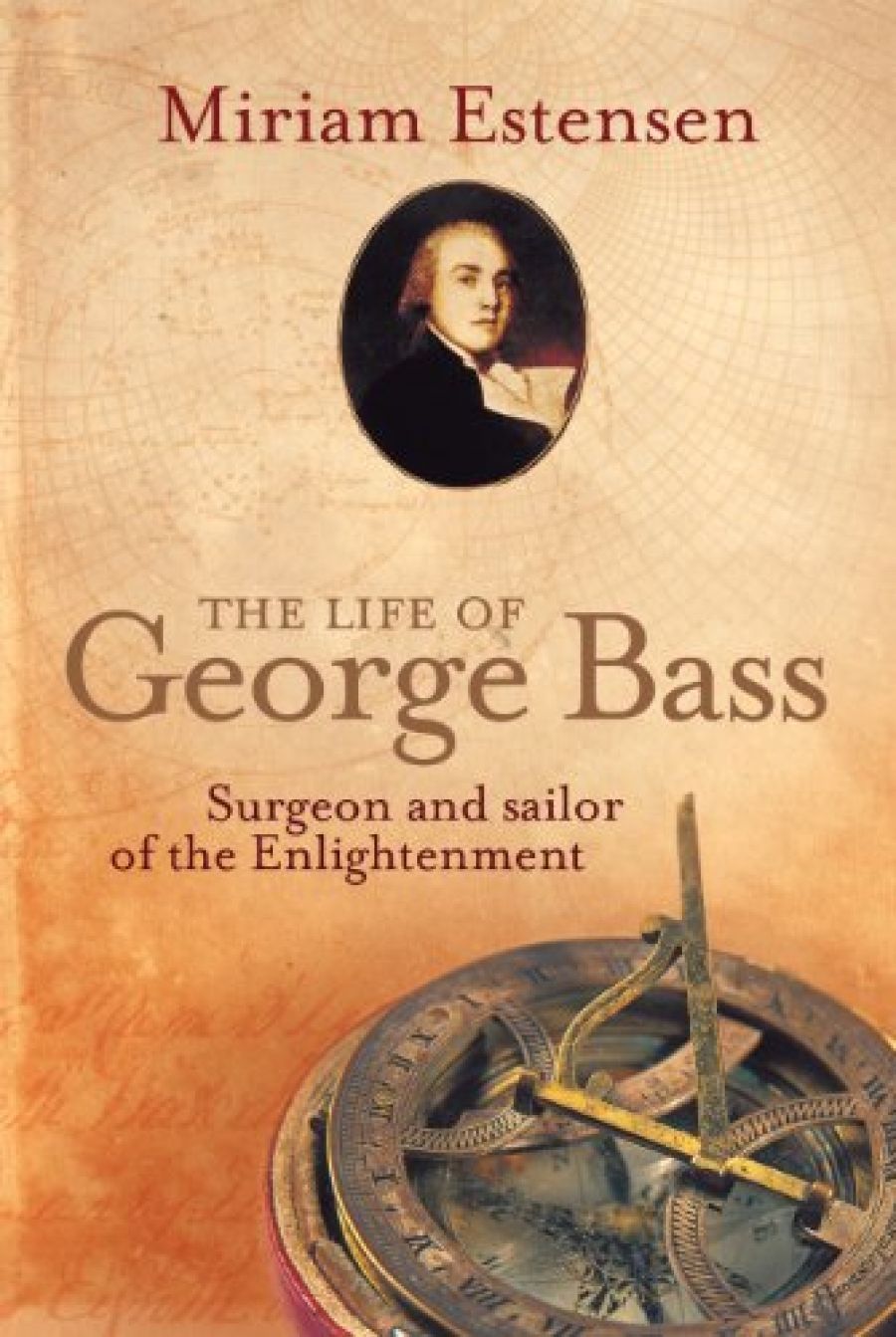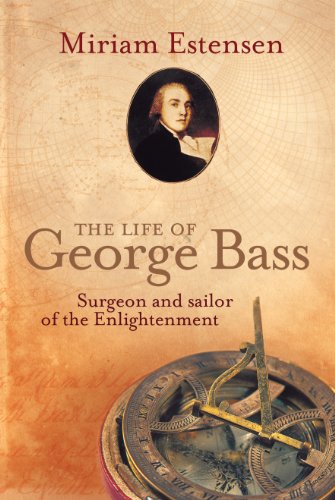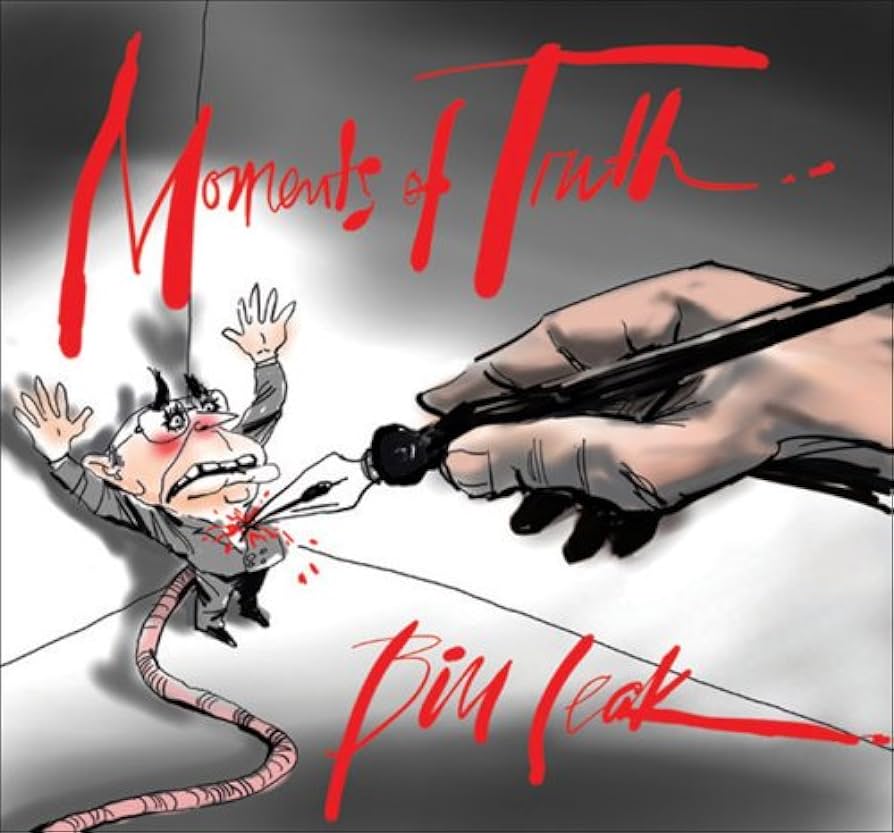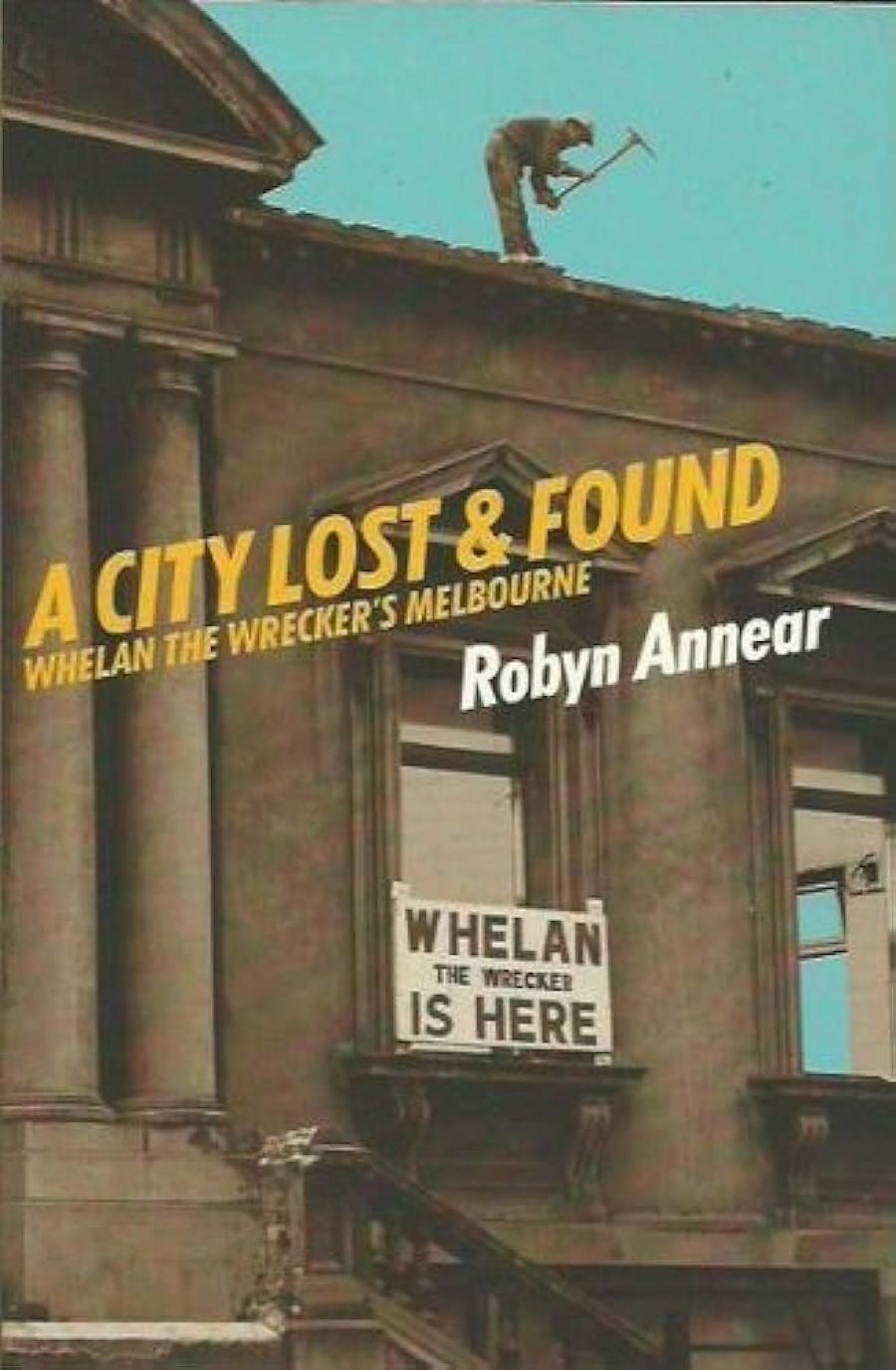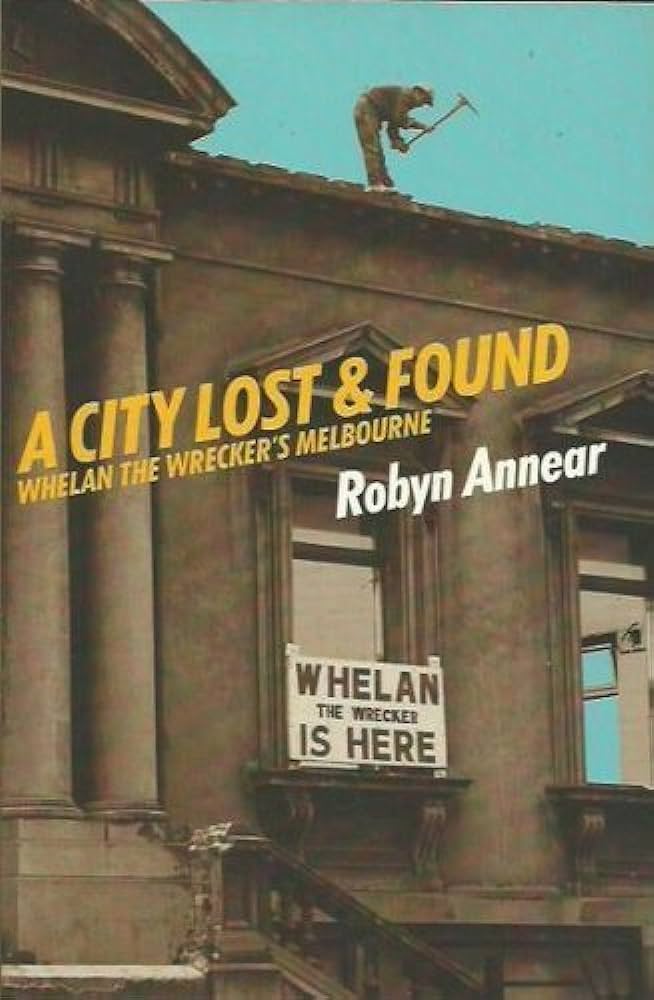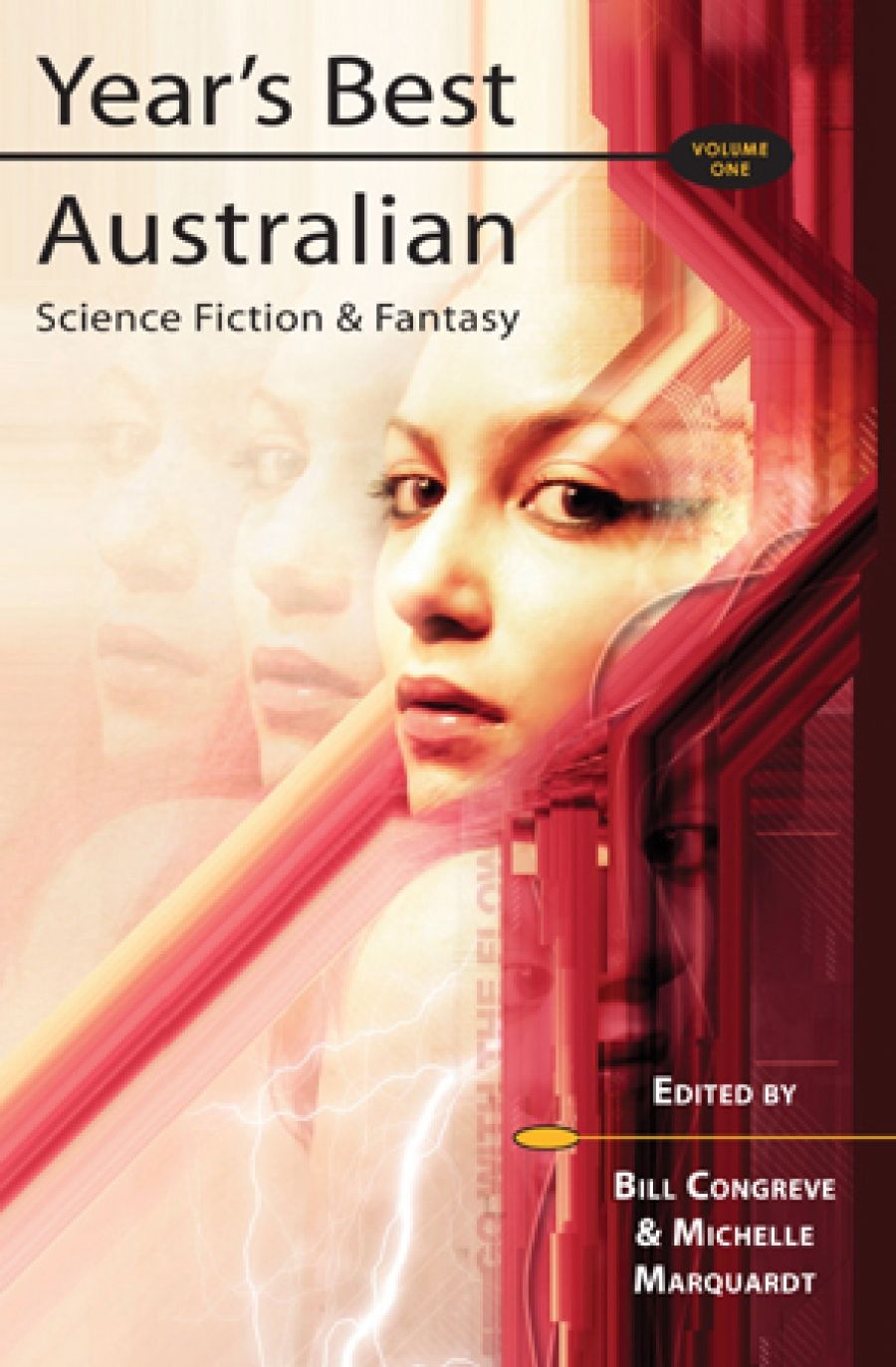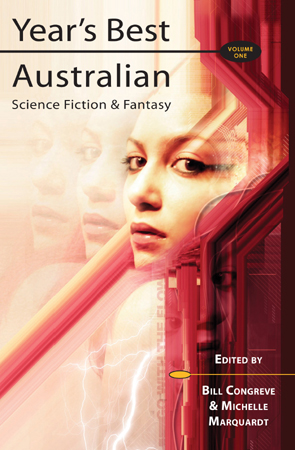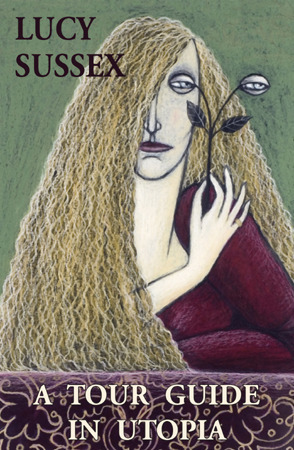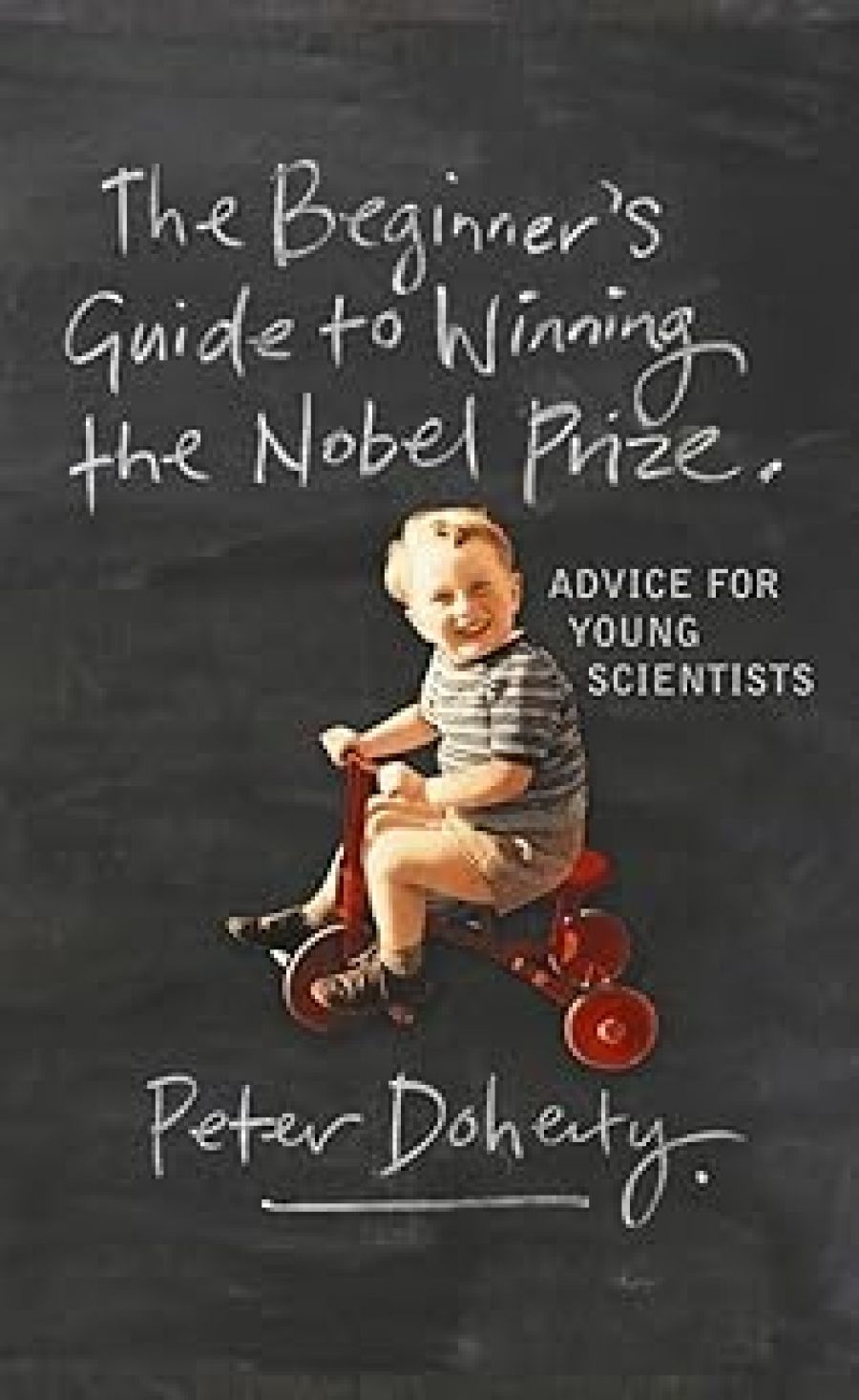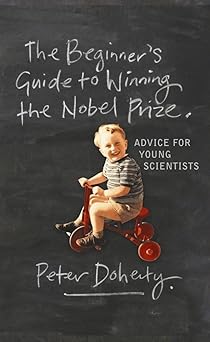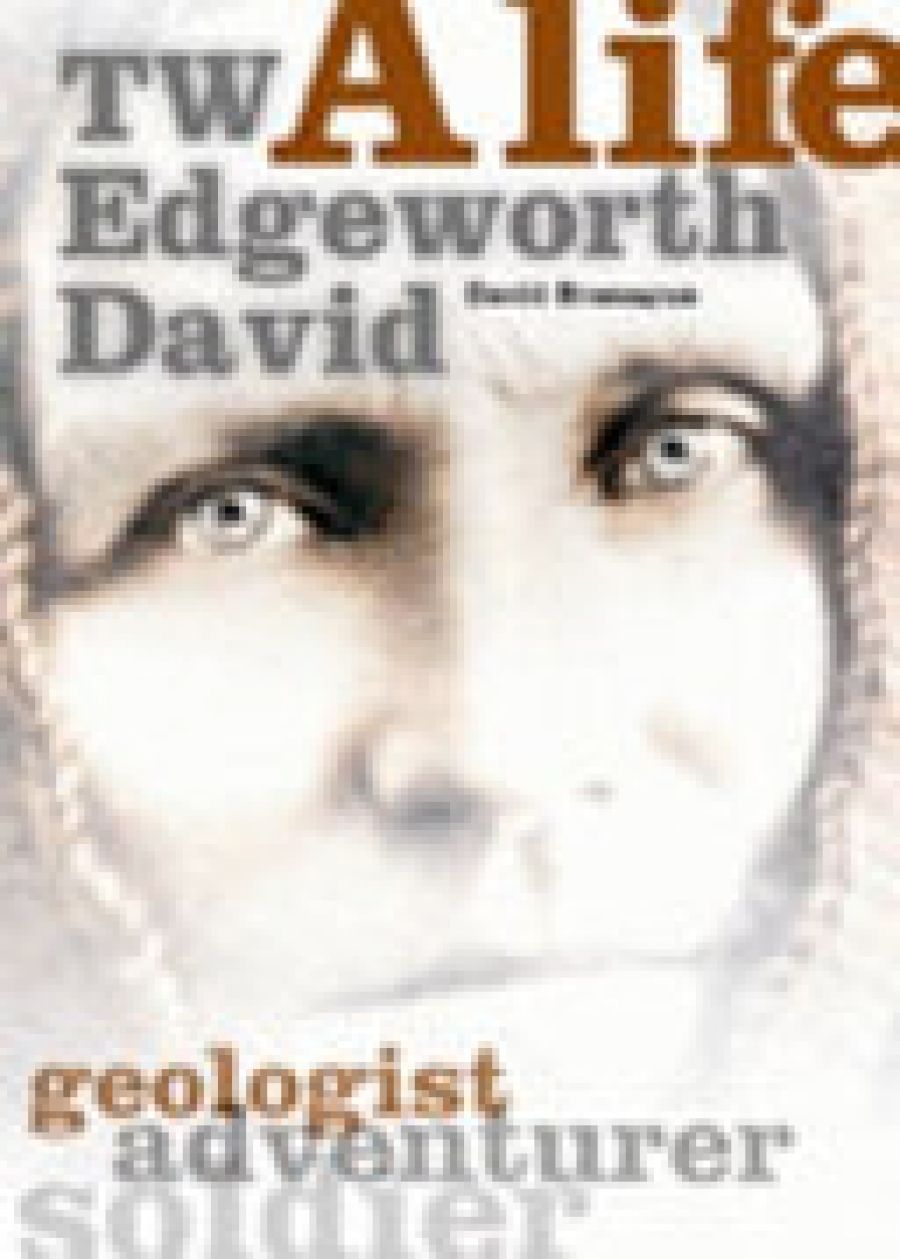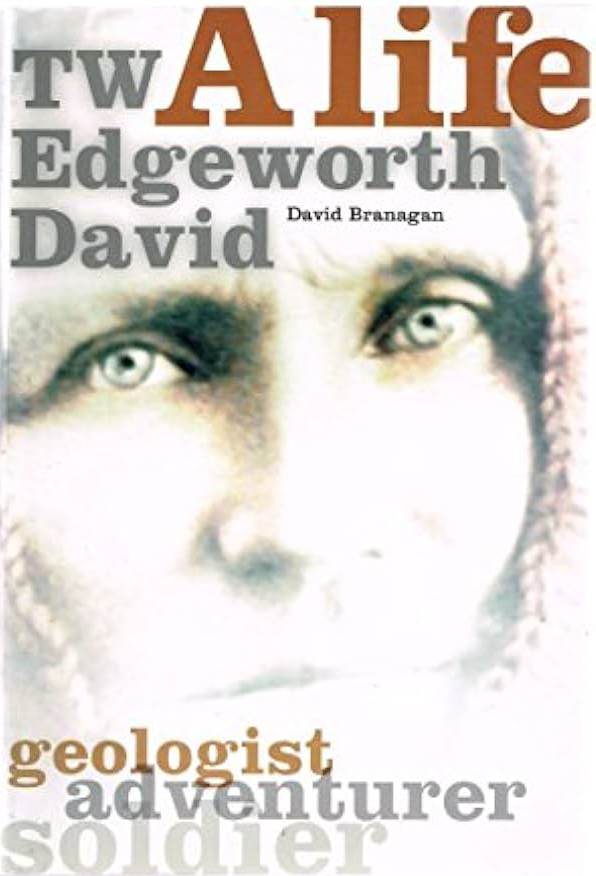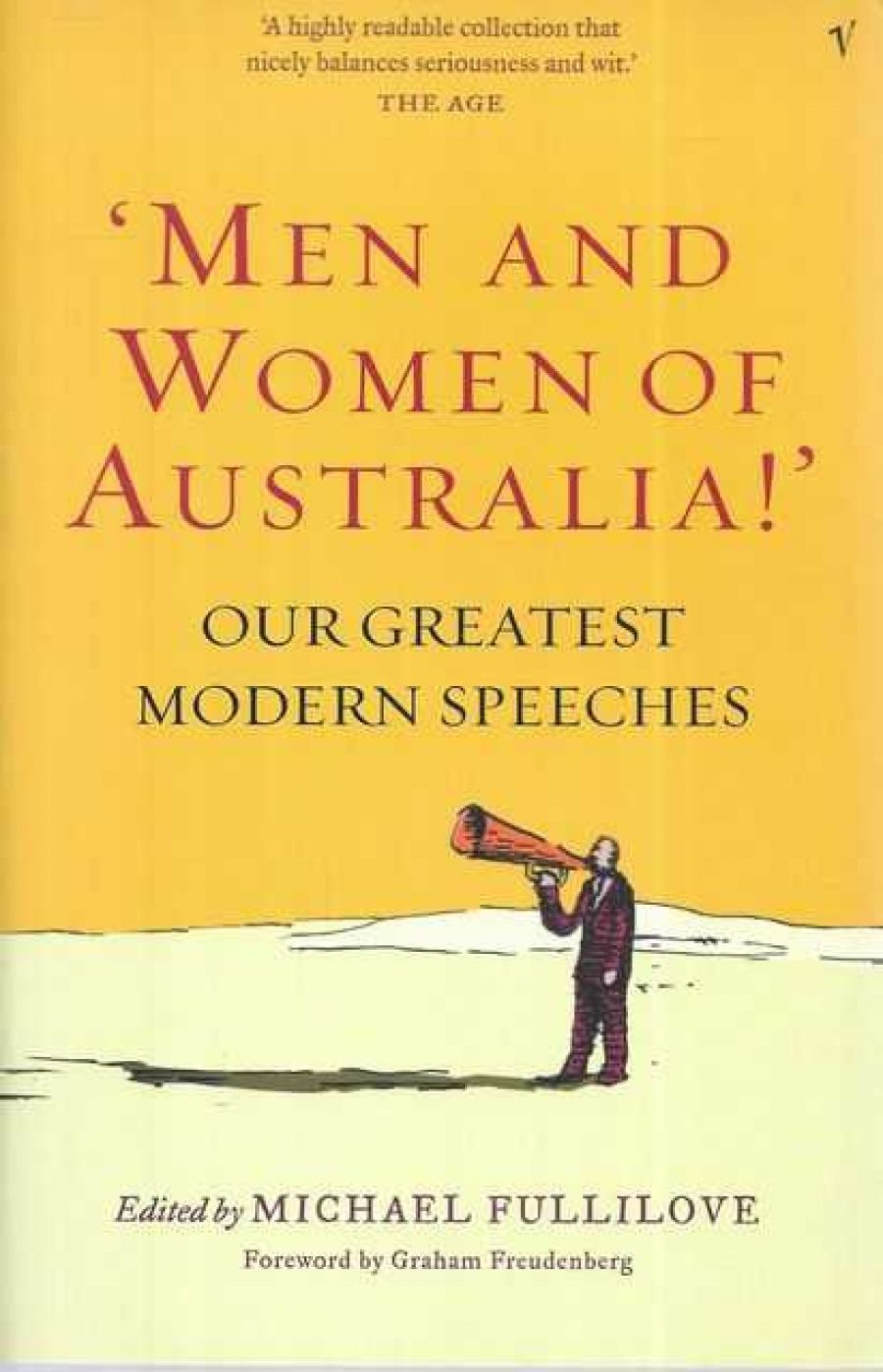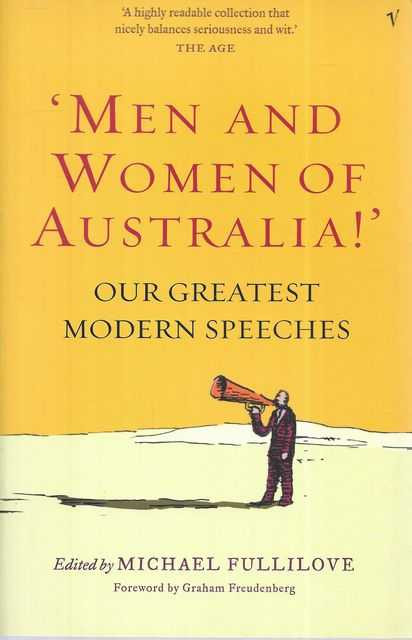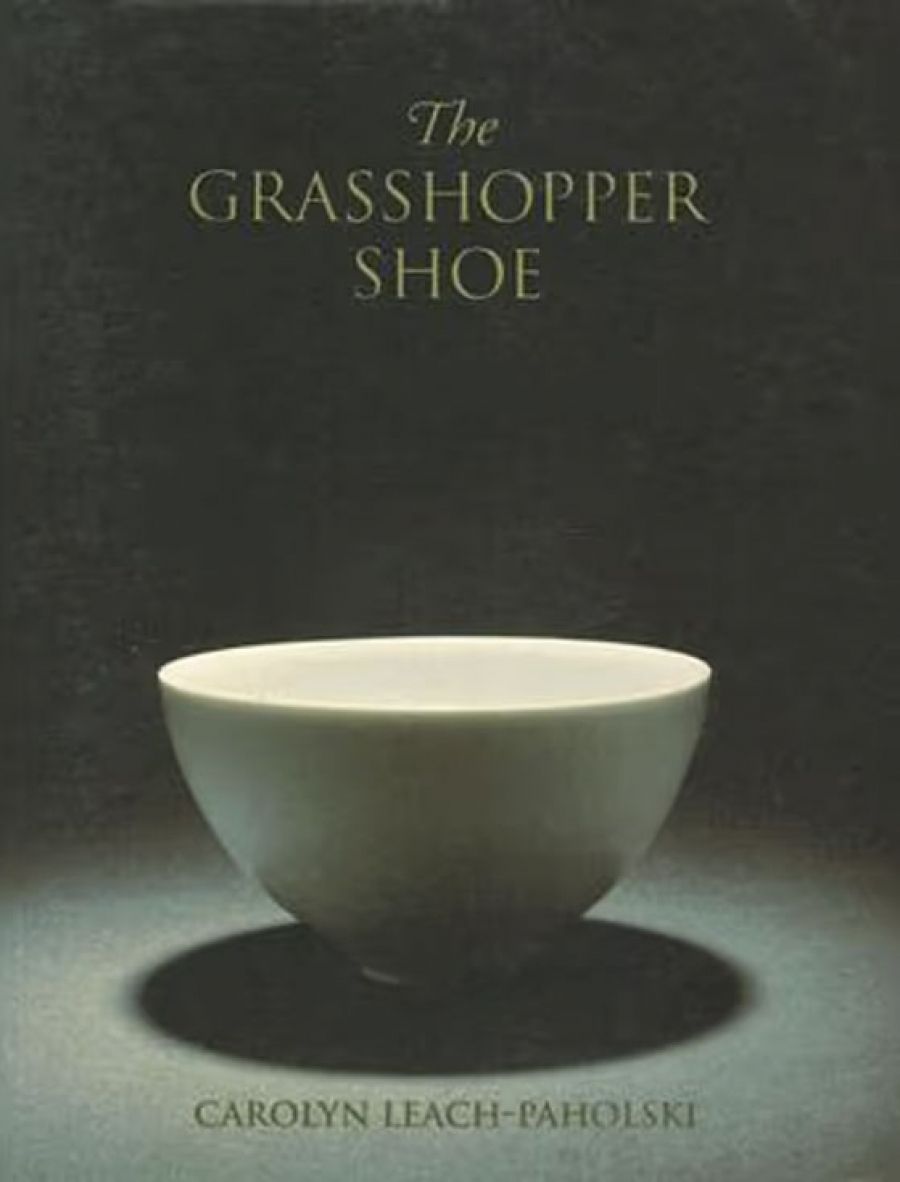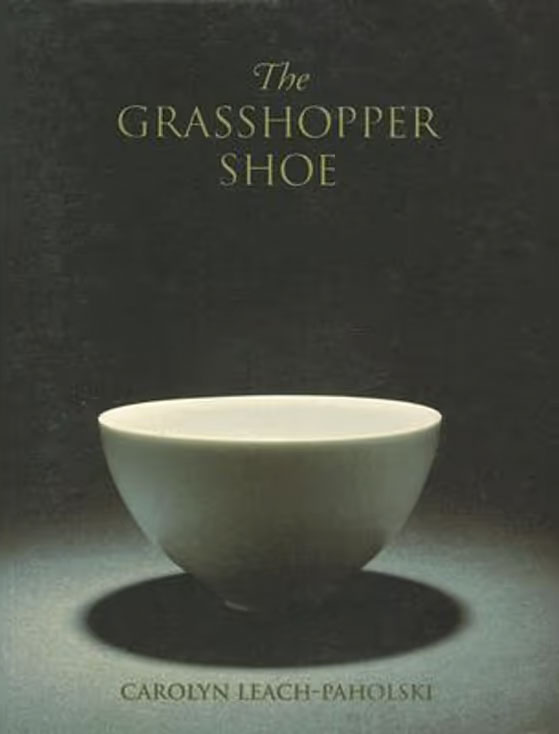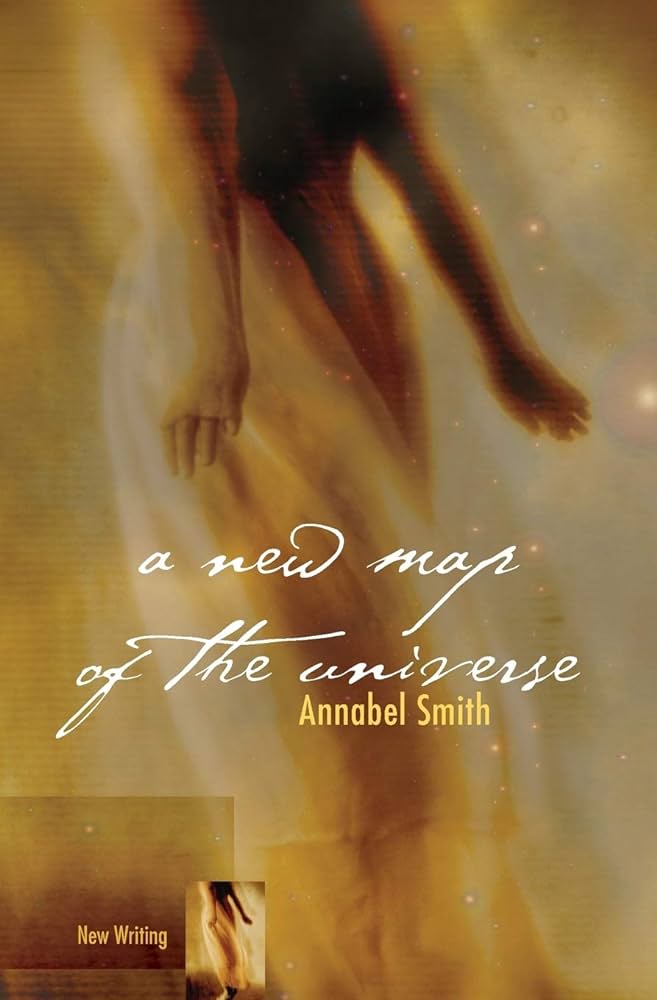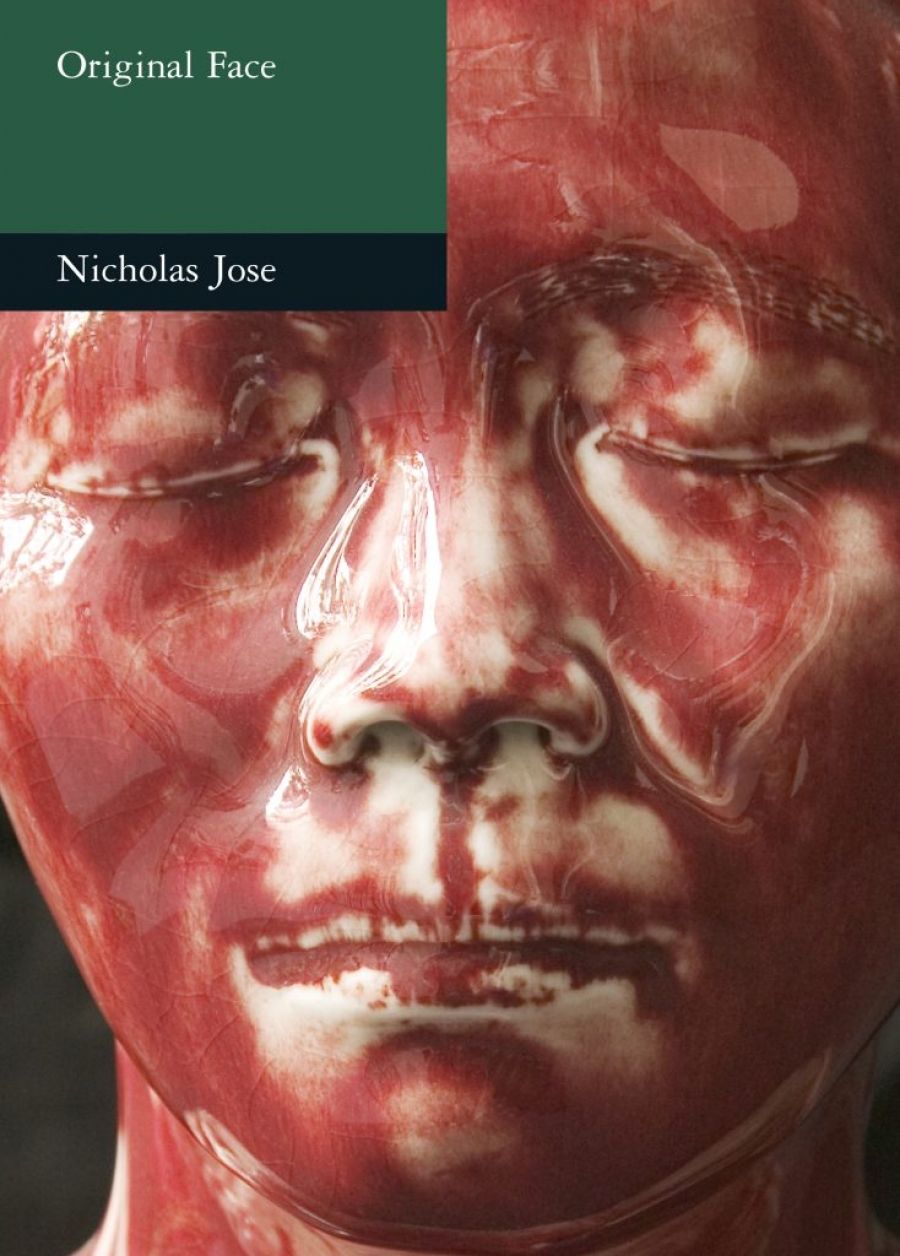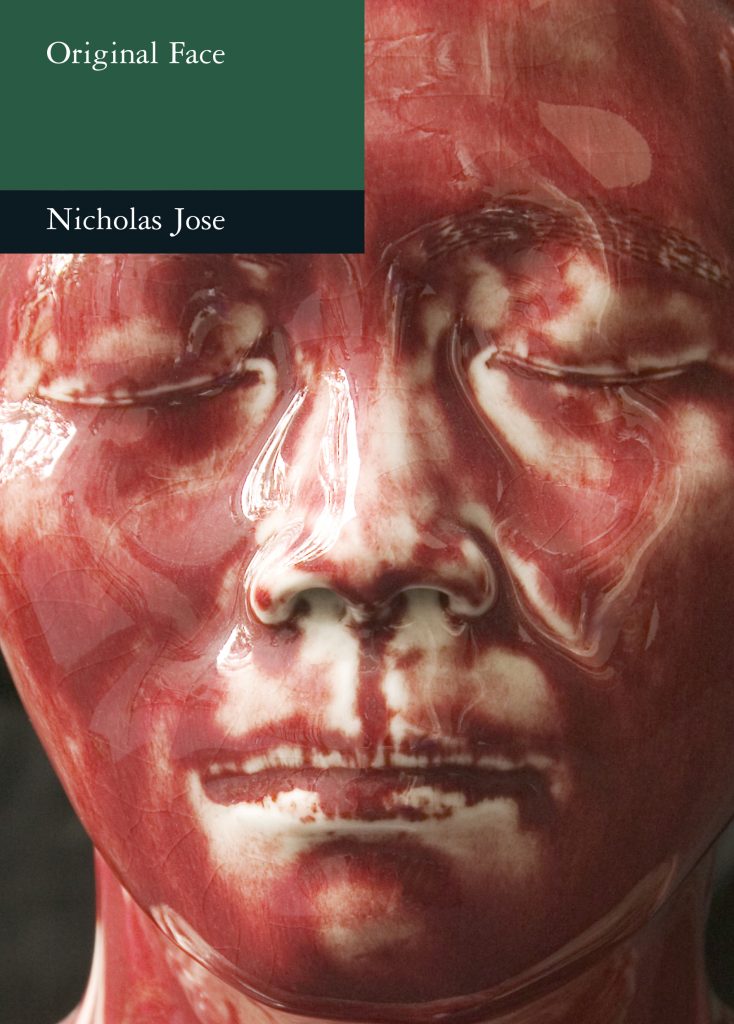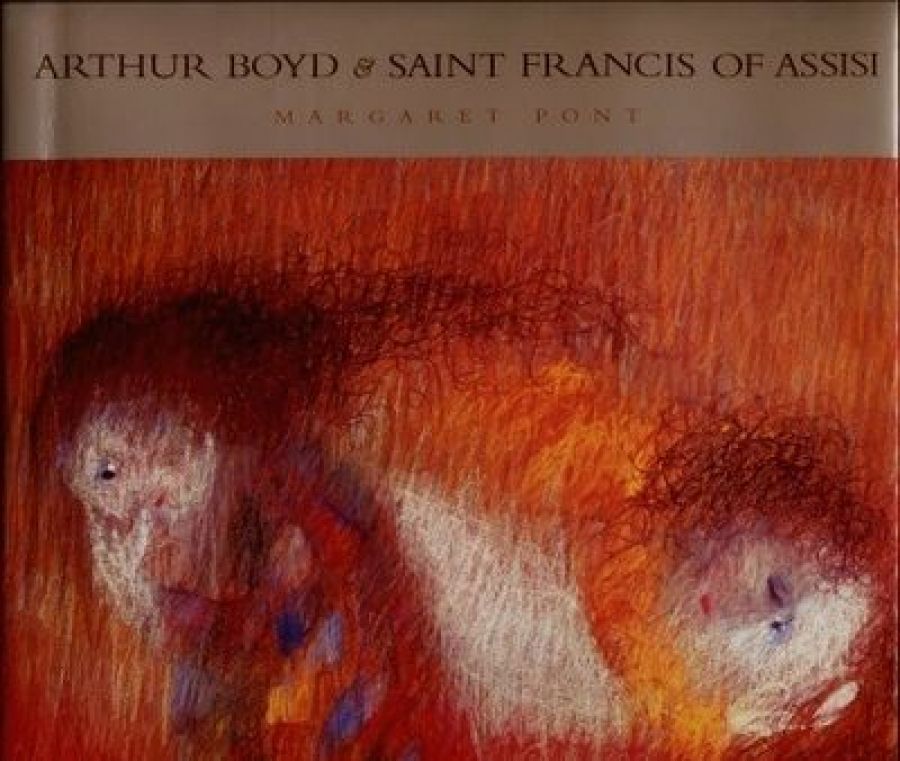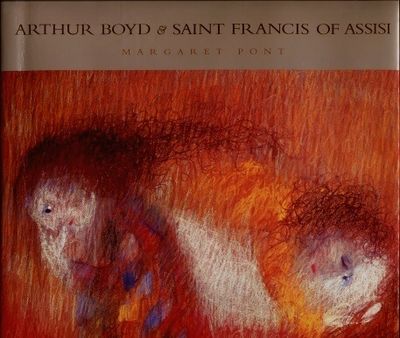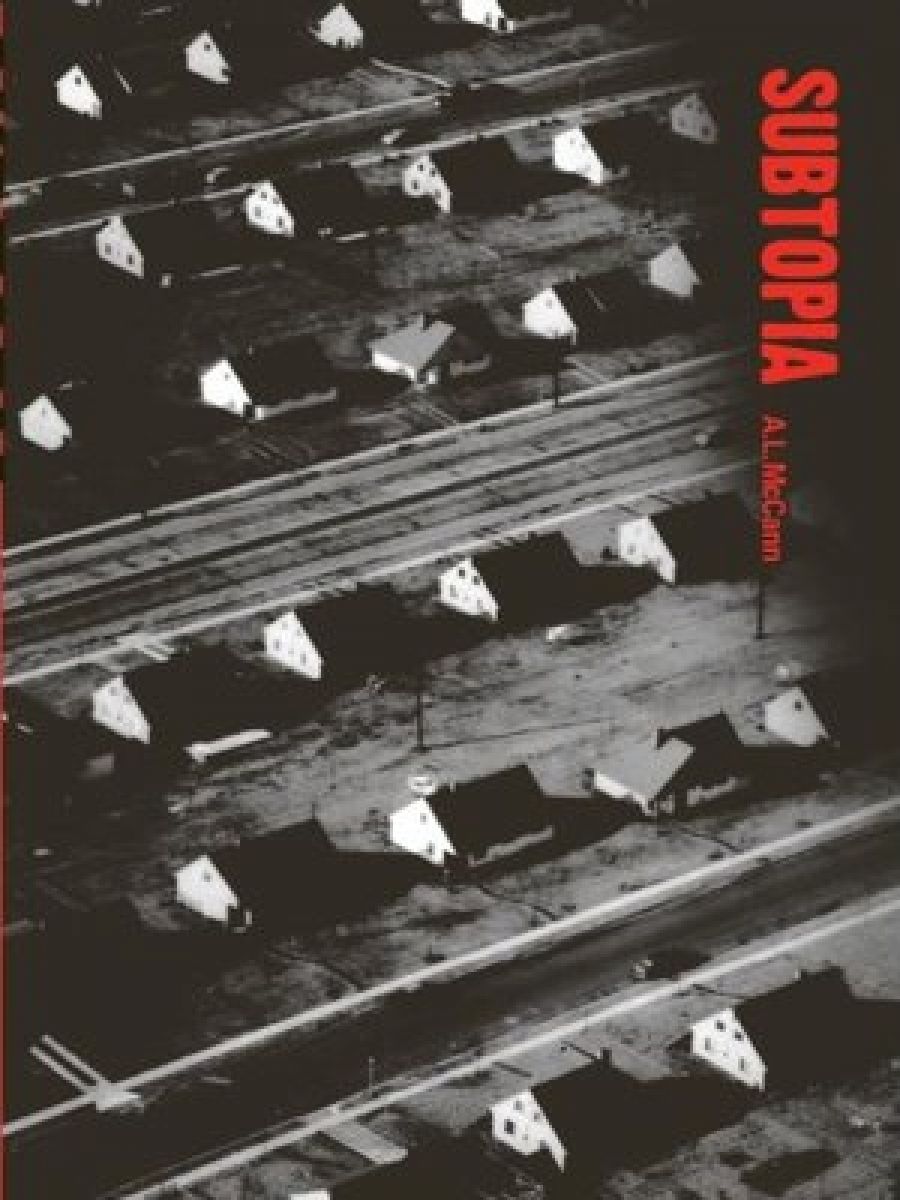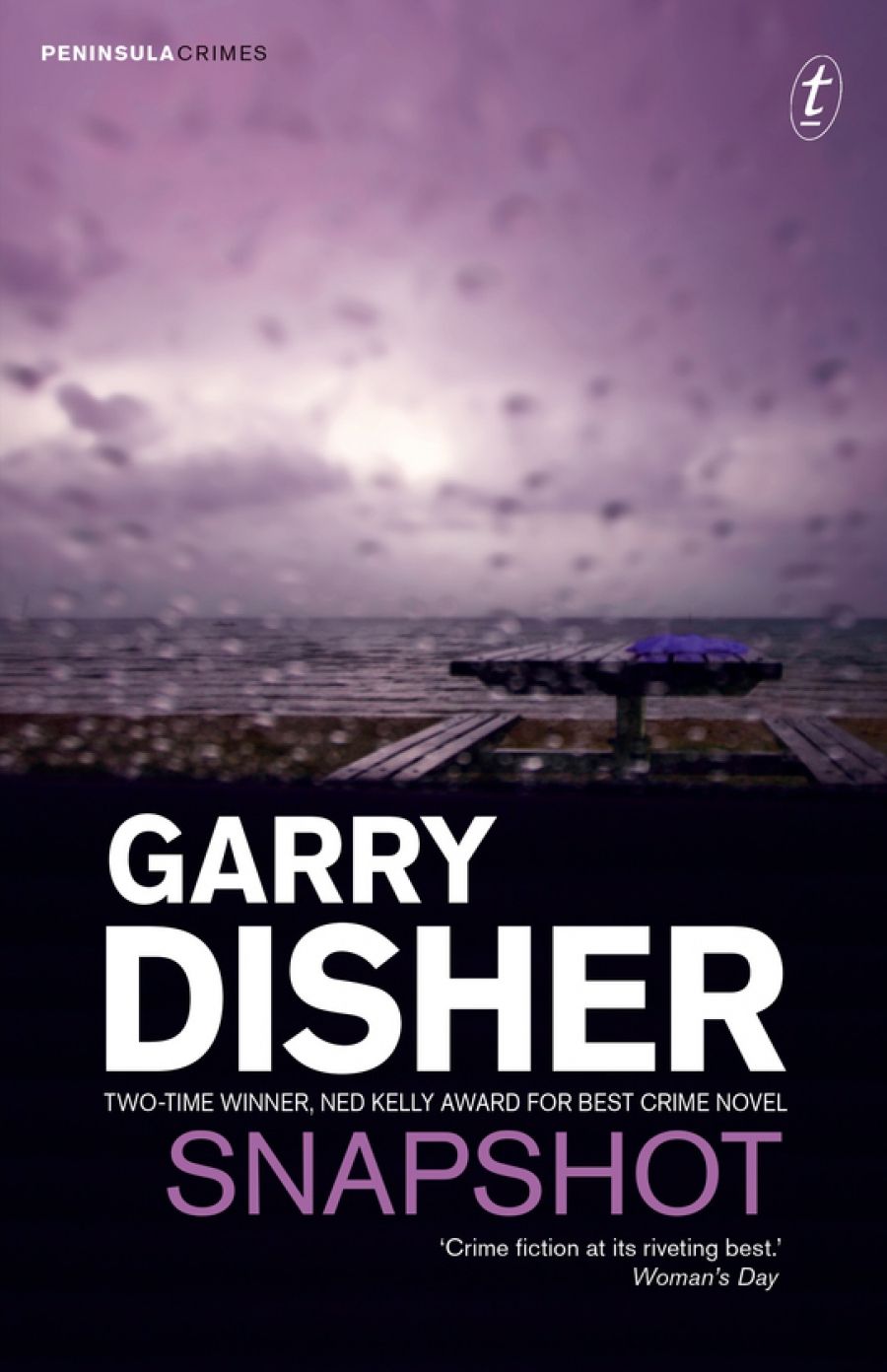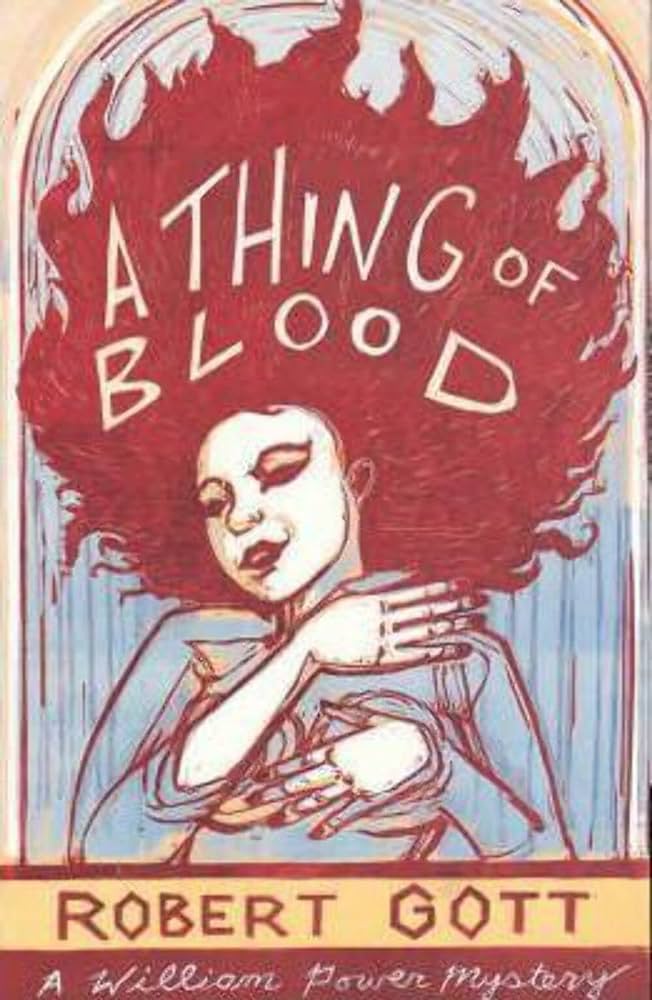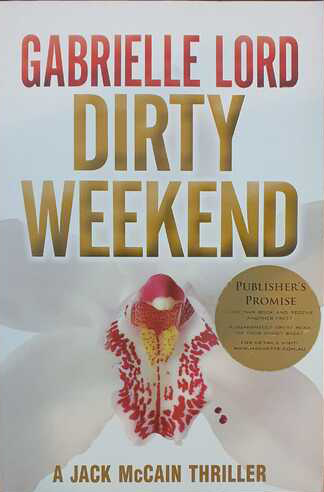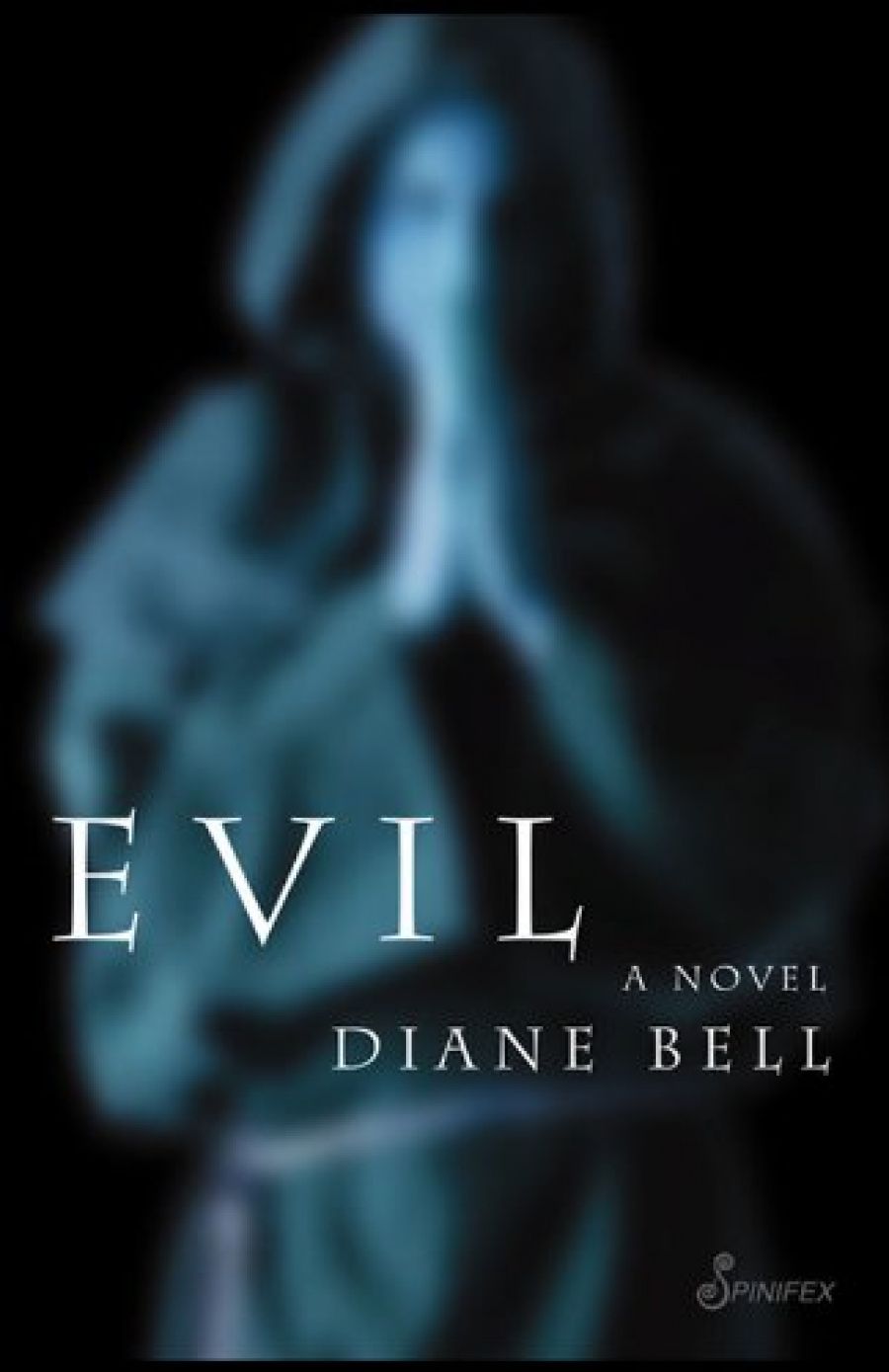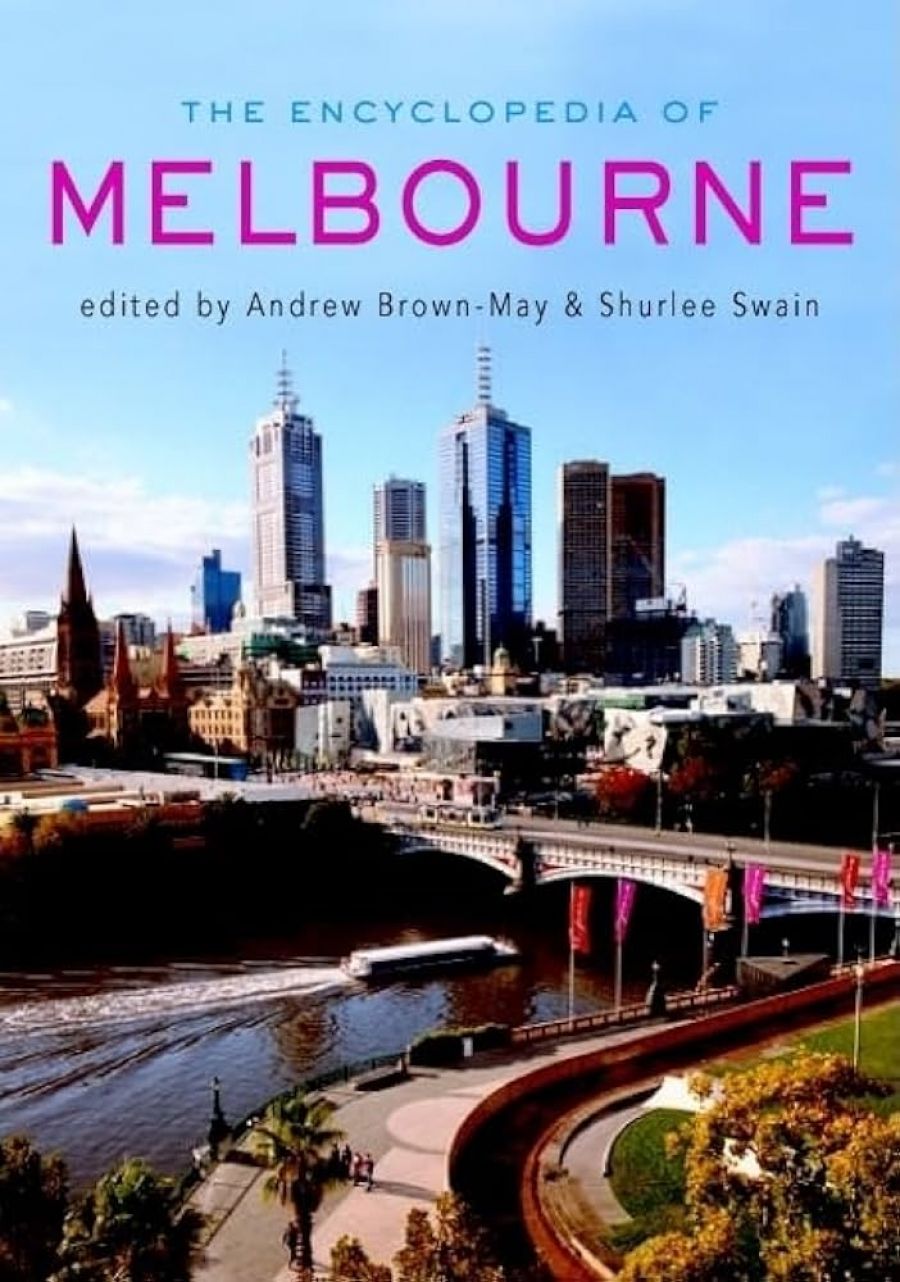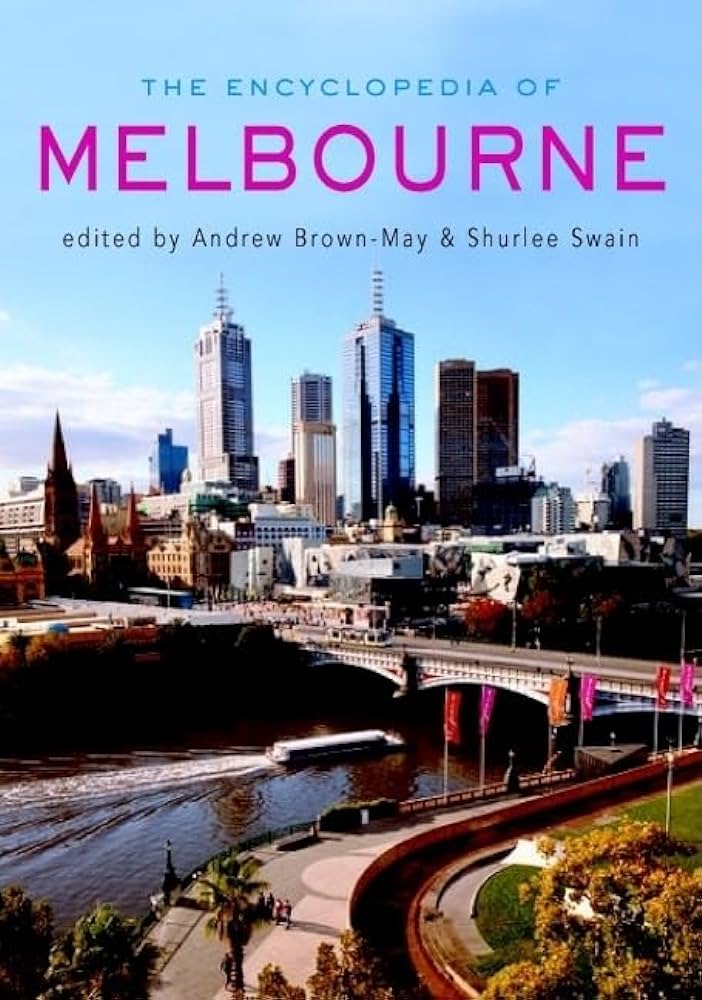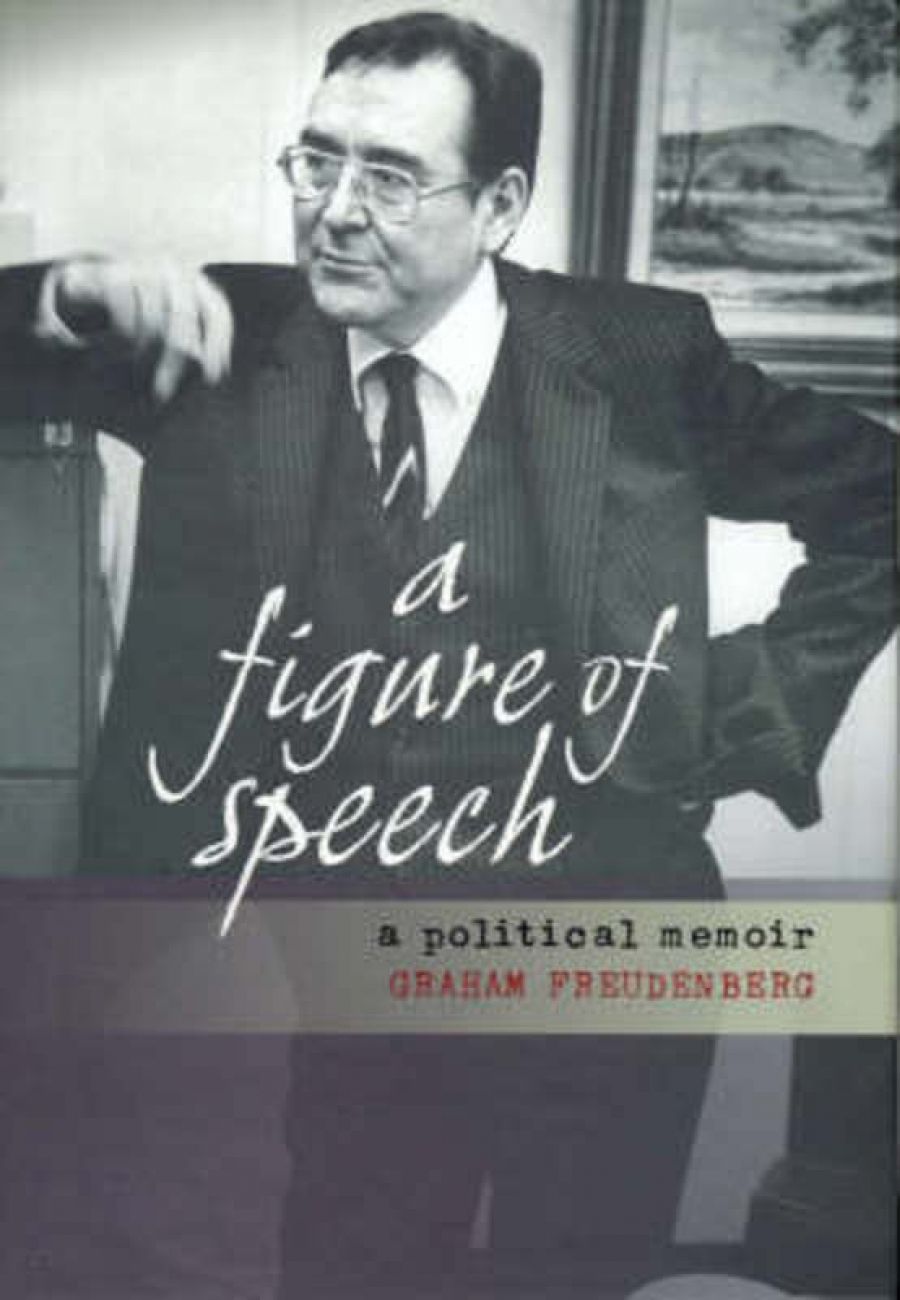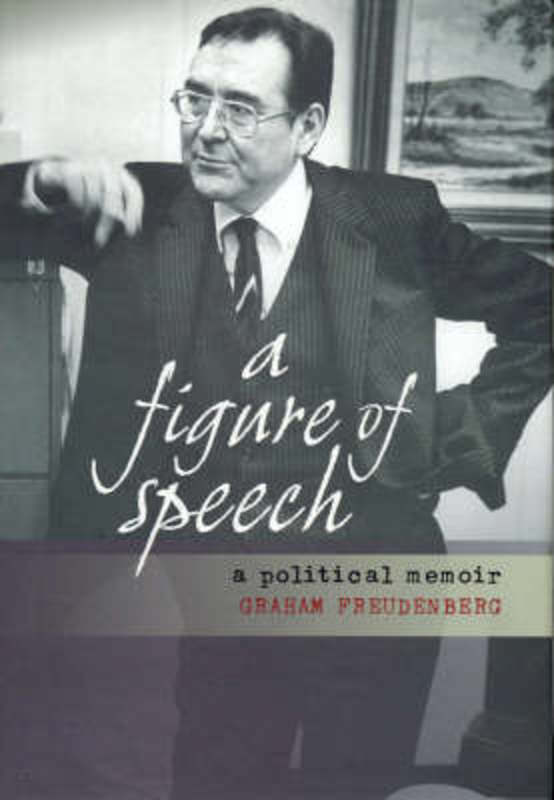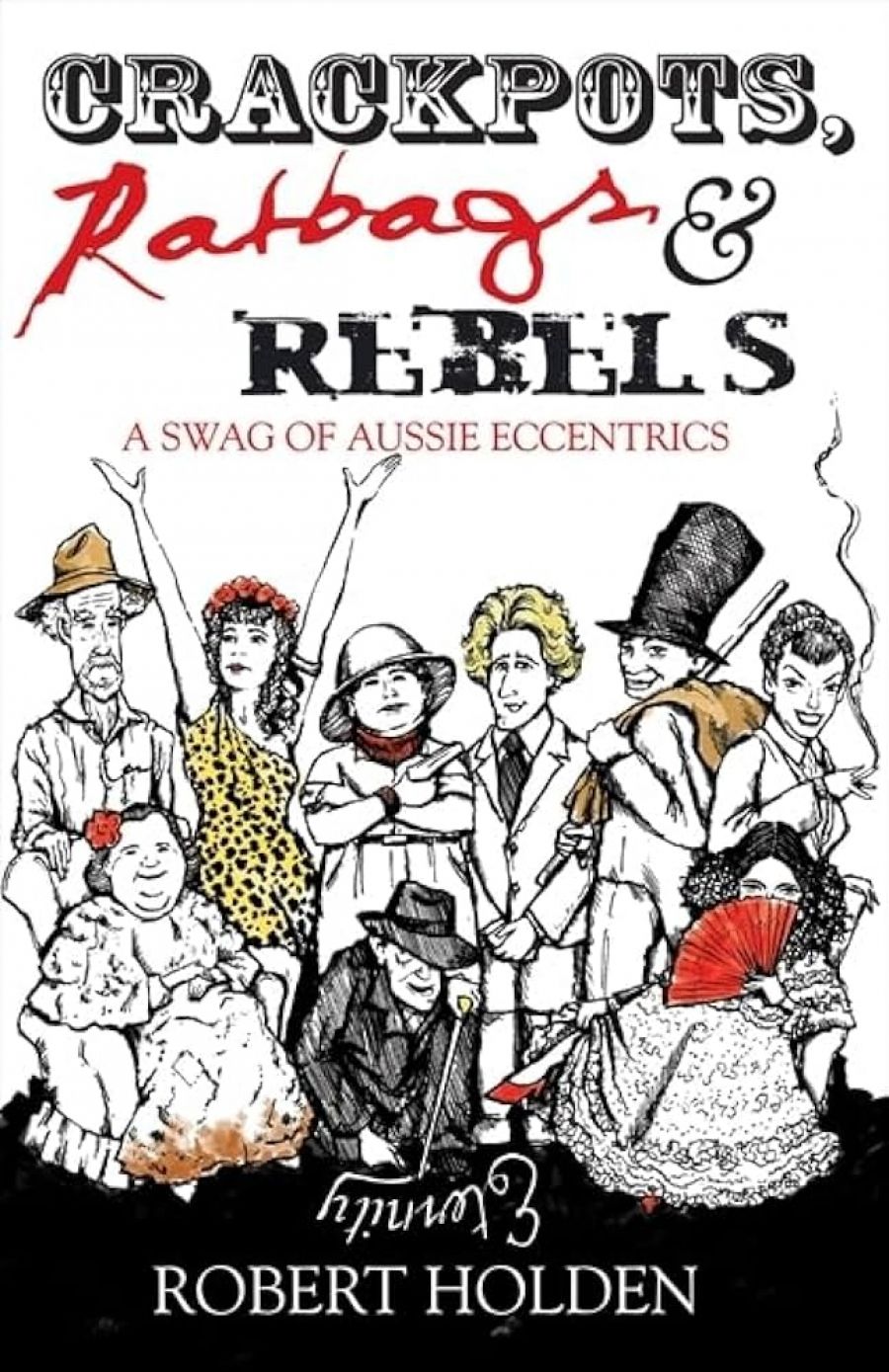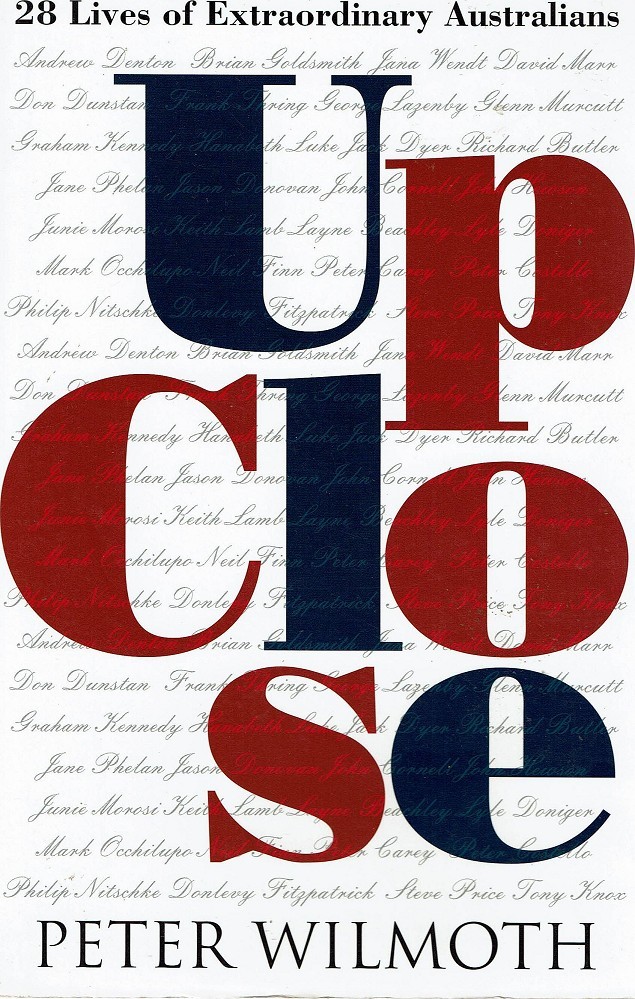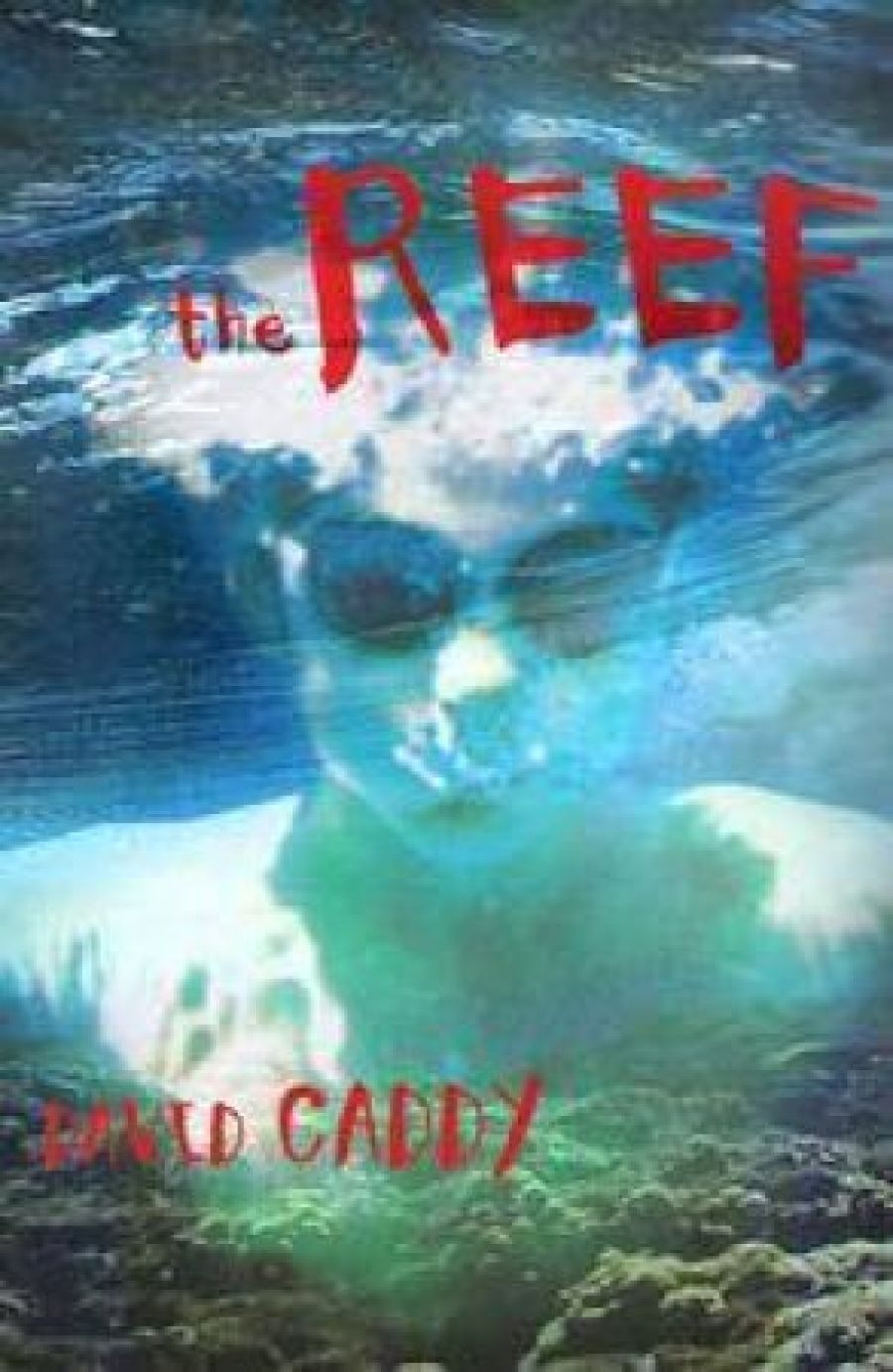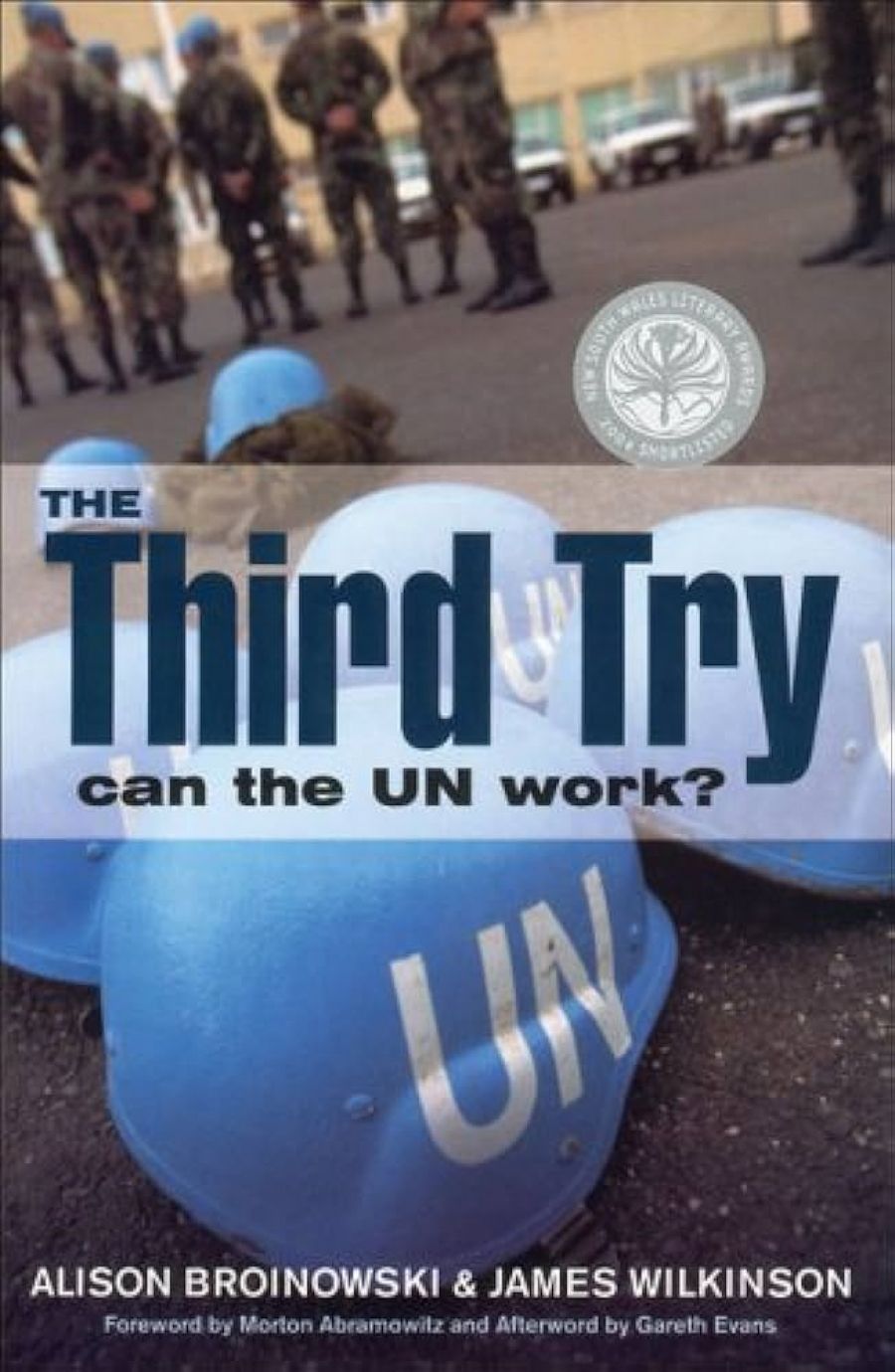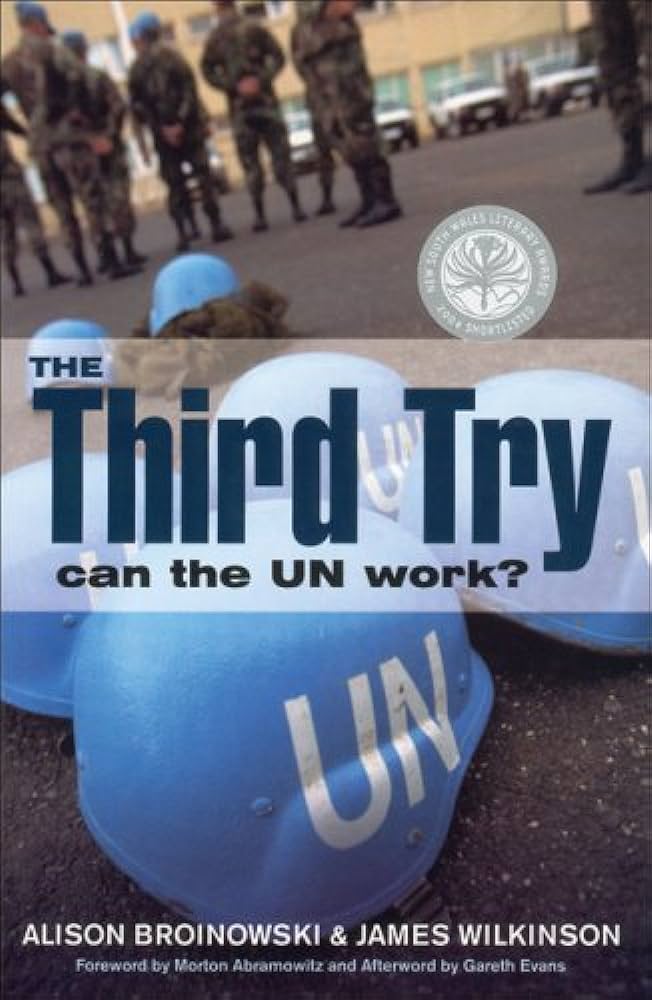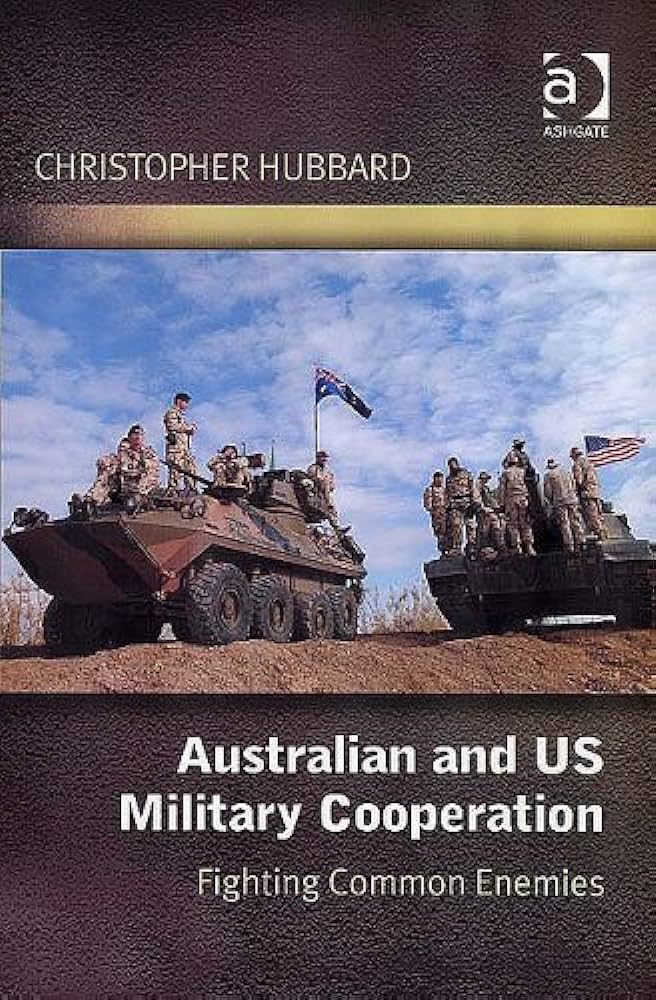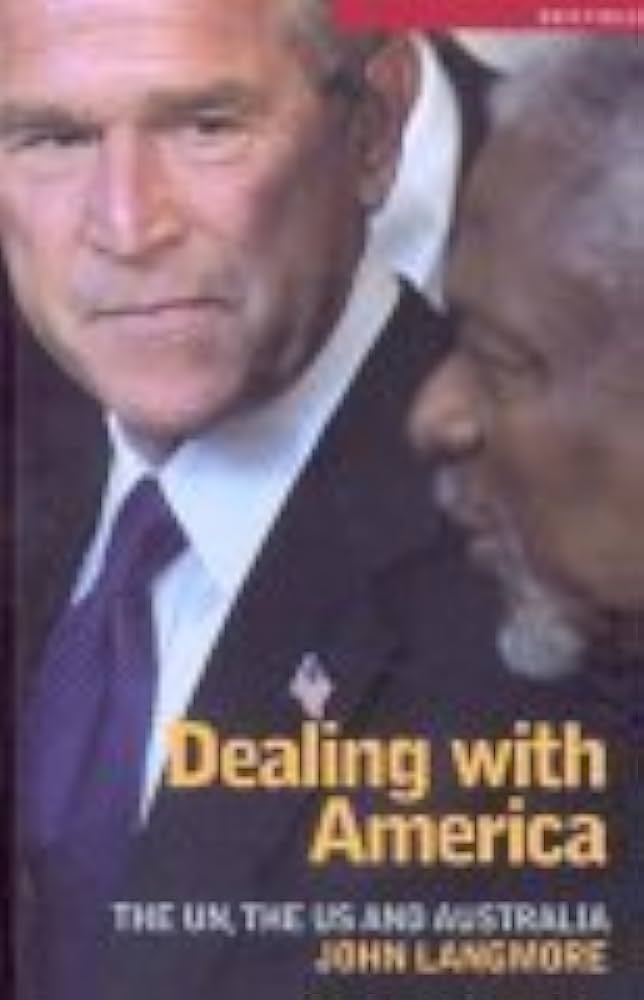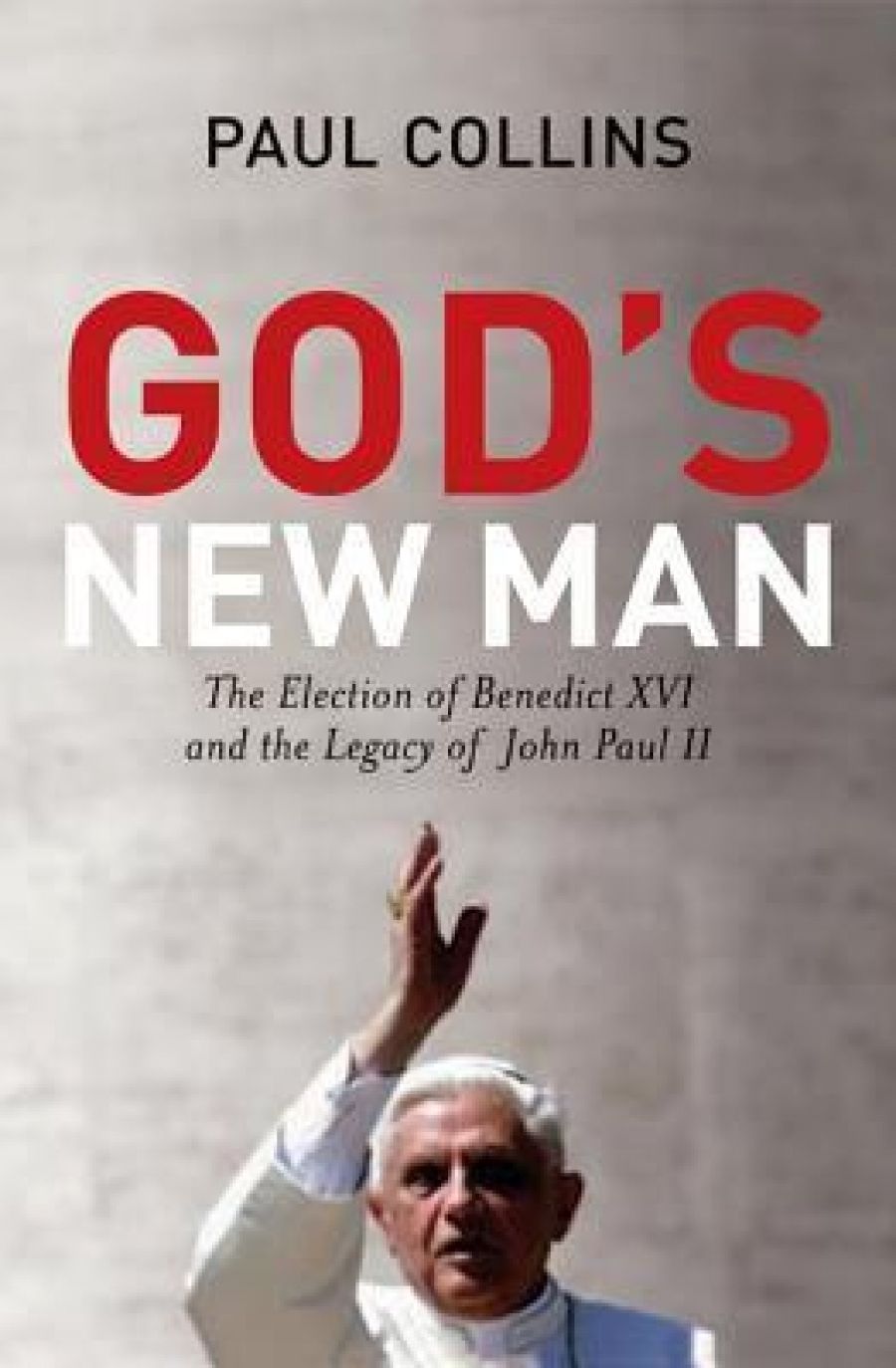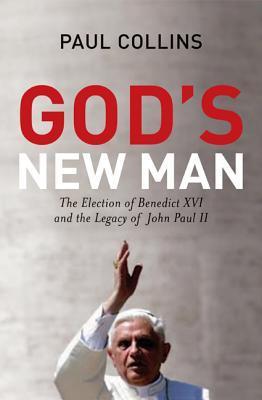2005 ABR Reviewing Competition
This year we received eighty-seven entries, with a good range in all three categories, children’s/young adult books; fiction; and non-fiction/poetry. New South Wales contributed almost half the entries; but each state was represented. It’s always interesting to note the most popular titles. This year they were Sonya Hartnett’s Surrender and Christos Tsiolkas’s Dead Europe. Sadly, no one chose to review the Sydney and Blue Mountains Street Directory, that straight classic, but we were impressed by two entrants’ celerity in reviewing The Latham Diaries. (David Free has won third prize for his review of the same.)
First prize in the fiction category goes to Denise O’Dea, who reviewed Catherine Rey’s The Spruiker’s Tale. Ms O’Dea works in the publishing department at HarperCollins and is a part-time postgraduate in the English Department at the University of Sydney.
Ann-Marie Priest has won the non-fiction category, with her review of Henry Handel Richardson: A life. It pays to persevere: last year, Dr Priest came third in the same category. She has a PhD in English Literature from Macquarie University and currently works in the Communications Learning Centre at the Rockhampton campus of Central Queensland University.
The winner of the children’s/young adult book category goes to Geoffrey Miller, who reviewed Sophie Masson’s In Hollow Lands.
The winning entries in each category will be published in the February 2006 issue. First- and second-placed entries will also appear on our website. As well as receiving $500 each, our overall winners will be commissioned to write another review in 2006. ABR congratulates our nine winners (all of whom are listed on page 21) and thanks everyone who entered.
Vale Philip Martin (1931–2005)
The poet Philip Martin has died after a long illness. He published five collections, including A Flag for the Wind (1982) and New and Selected Poems (1988). In 1964 he joined the nascent Monash University’s English Department, where he remained until he suffered a major stroke in 1988. Brenda Niall, a long-time colleague at Monash, delivered his eulogy at Newman Chapel on October 25. Remarking on his gregariousness and ‘total concentration on others’, she said: ‘That capacity to connect was central to everything he did at Monash, first of all as the prime mover in establishing Australian Literature as a subject in its own right.’ Long before his illness, Philip Martin wrote a poem titled ‘Bequest’. ‘Advances’ has always liked this squib: ‘… To critics, / Pushing aside their flagons to despatch / The work of half a life in half an hour, / This Christian hope: May they not wake in Limbo / Blushing.’
The Australian Society of Authors
The ASA has awarded Inga Clendinnen the 2005 ASA Medal. This is presented biennially to recognise the achievements of an author who has ‘made a significant contribution to the Australian community or Australian public life’. (Tim Winton was the winner in 2003.) Since serious illness forced Inga Clendinnen to suspend her research into the Aztec and Mayan cultures, she has published a number of books in other areas. They include Reading the Holocaust (1998) and Dancing with Strangers (2003). News of the ASA Medal coincided with the publication last month by the Friends of the National Library of Inga Clendinnen: A Celebration. Morag Fraser, the editor, has an essay in the book, as do Alan Frost, Raimond Gaita, Michael Heyward and Caro Llewellyn.
Special gift offer – save 40%
Once again this year, current ABR subscribers are entitled to give away as many gift subscriptions as they like at the special rate of $55. This represents a saving of almost 40% off the cover price. Even better, subscribers who do so are then entitled to renew their own subscription at the same rate, rather than $70. Full details of this special offer appear on page 7. This offer ends on December 31.
And for school libraries
Each year, as part of ABR’s commitment to helping young readers (and their teachers) to keep up to date with contemporary writing, we offer a number of complimentary subscriptions to school libraries. The aim is to make these libraries richer resource centres for students. Once again, we can offer ten complimentary subscriptions to state schools that have not hitherto subscribed. Just ask your school librarian to contact us and mention this special offer.
245 thank-yous
Our sincere thanks go to our fine team of contributors. This year, a total of 245 people wrote for the magazine. That is 245 writers, over ten issues. So much for any fanciful notion that ABR draws on a small pool of talent. No other like publication offers such diversity. It is a record that we intend to build on in coming years, as we offer you some of the best Australian writing, mixing established writers and ABR stalwarts with new and younger voices.
Quite a year
Has there been a richer year in Australian publishing than 2005? For sustained excellence and variety across a wide range of genres, it would be hard to top. Each week at ABR we have been inundated with impressive new works, all demanding coverage in our pages, something we are not always able to do in a magazine of 64 pages. Many of our finest writers have published works this year, but we don’t intend to individualise in this column. We’ll leave that to our critics in our keenly anticipated feature listing their favourite books of 2005.
So much for the doomsayers who fret about a supposed diminution of energy or diversity in our literature. From our perspective, there is no dearth of talent. The real challenge, impressively outlined in recent essays in our pages by James Ley and Nicholas Jose, is to foster a sophisticated appreciation of the full range of Australian writing, and to ensure that the best of it is preserved, anthologised and enjoyed for generations to come.
We wish all our readers and supporters the very best in 2006. We hope you get a chance to enjoy some of these outstanding new Australian books over the coming holiday – if indeed you are still vouchsafed a summer holiday.
